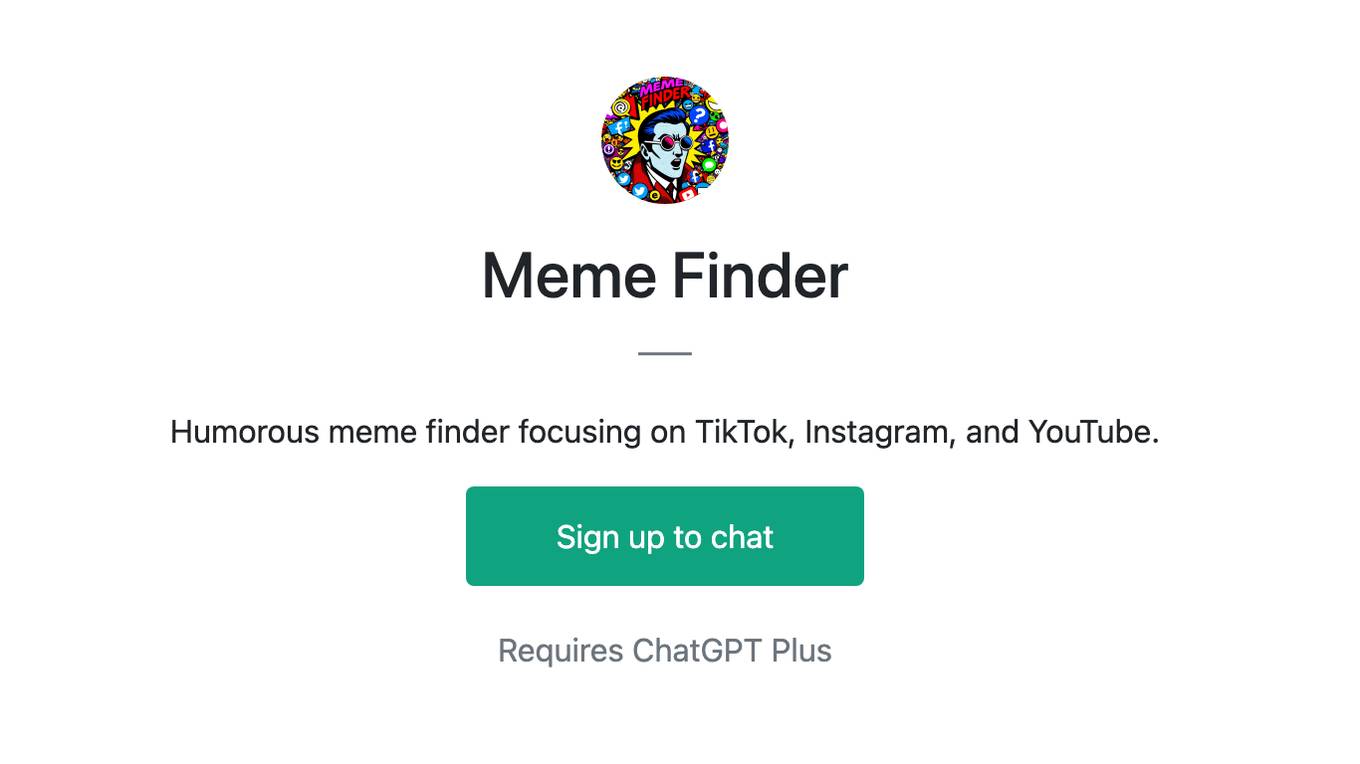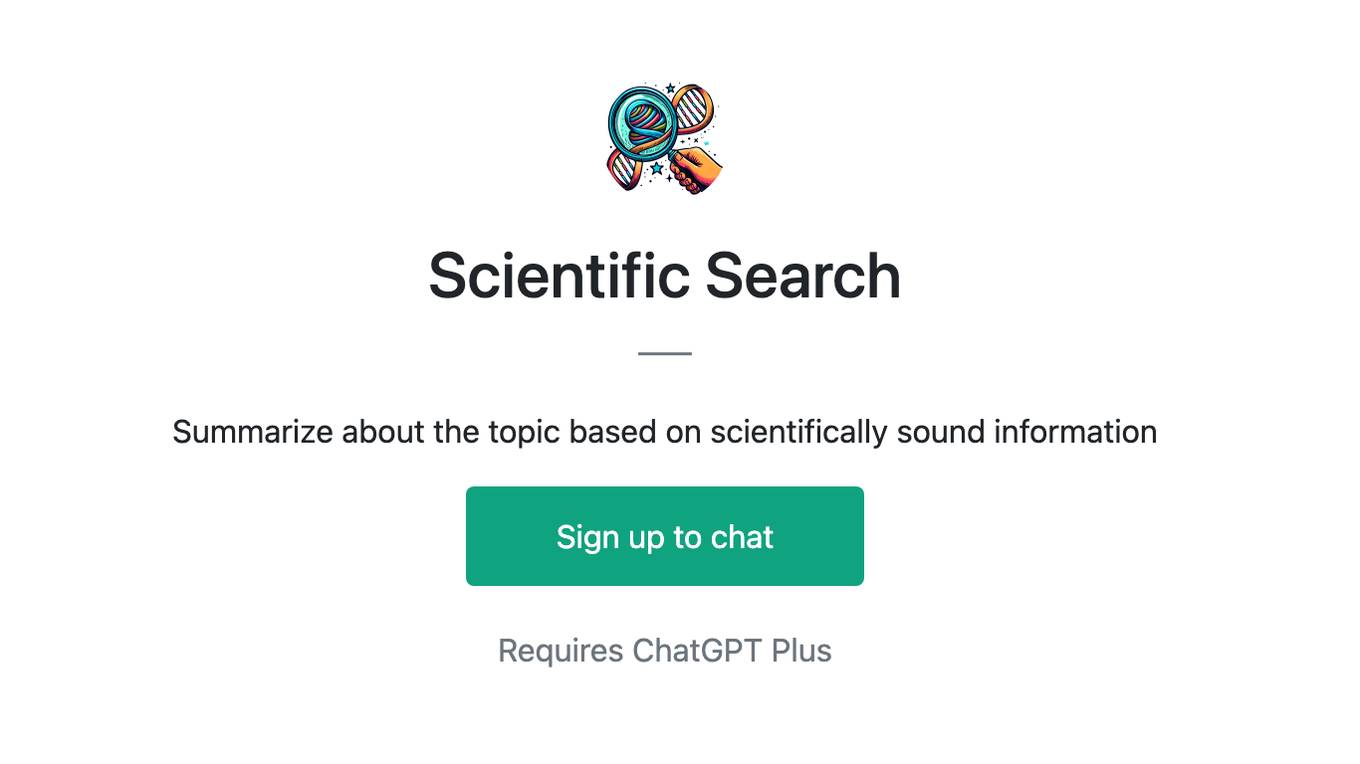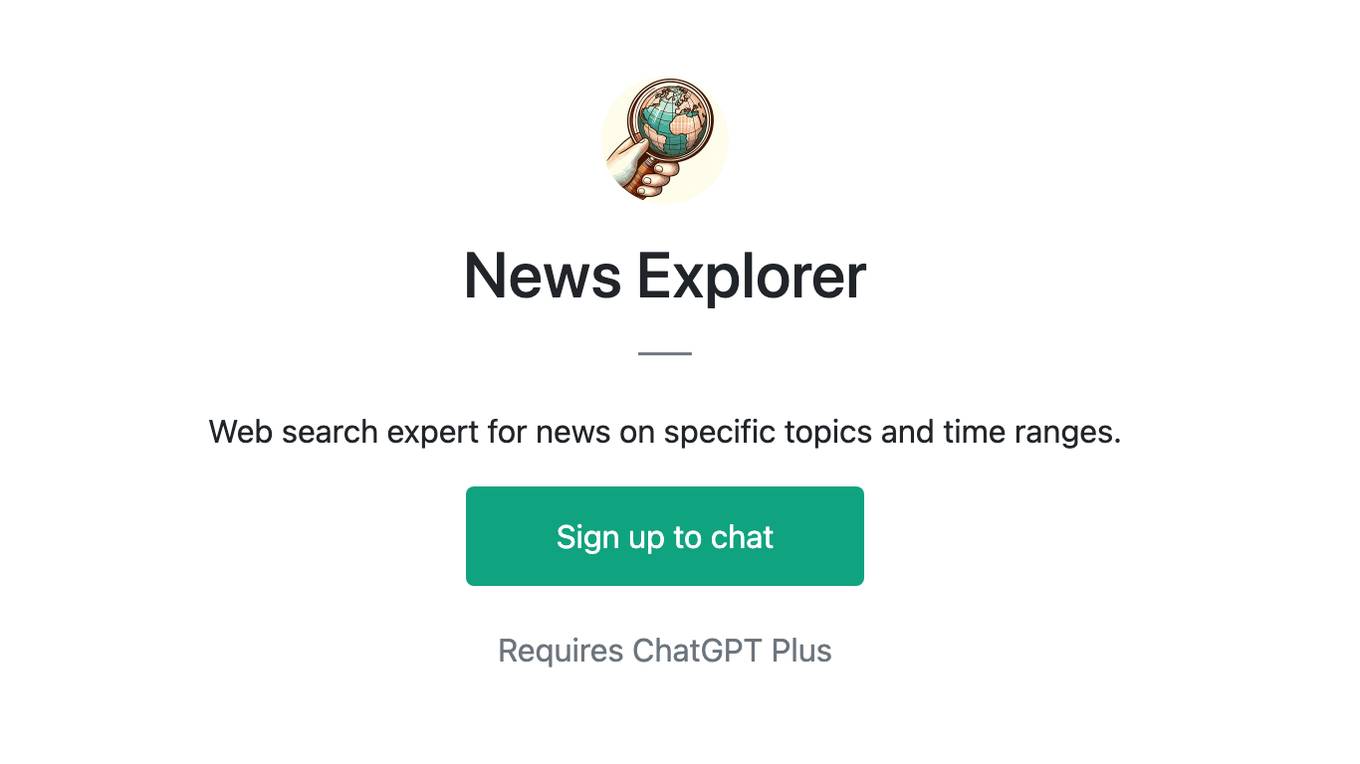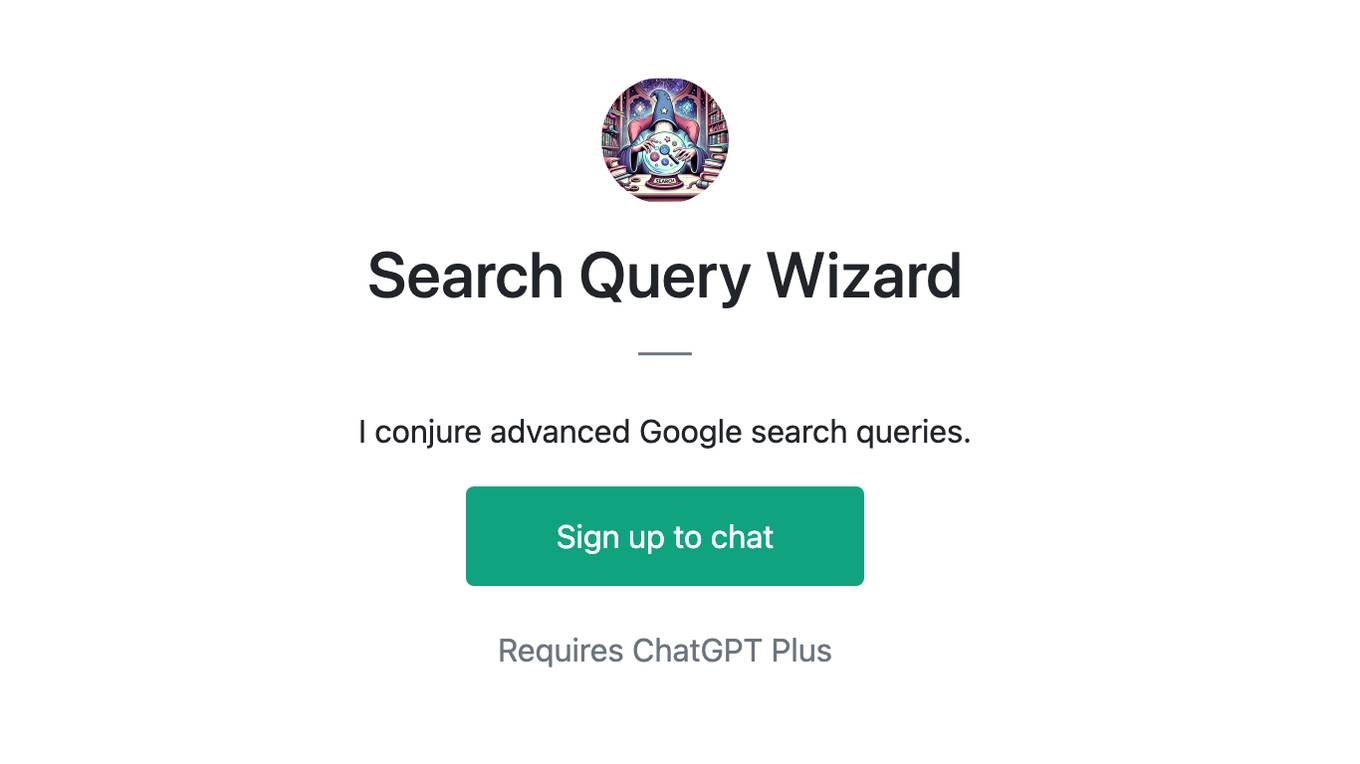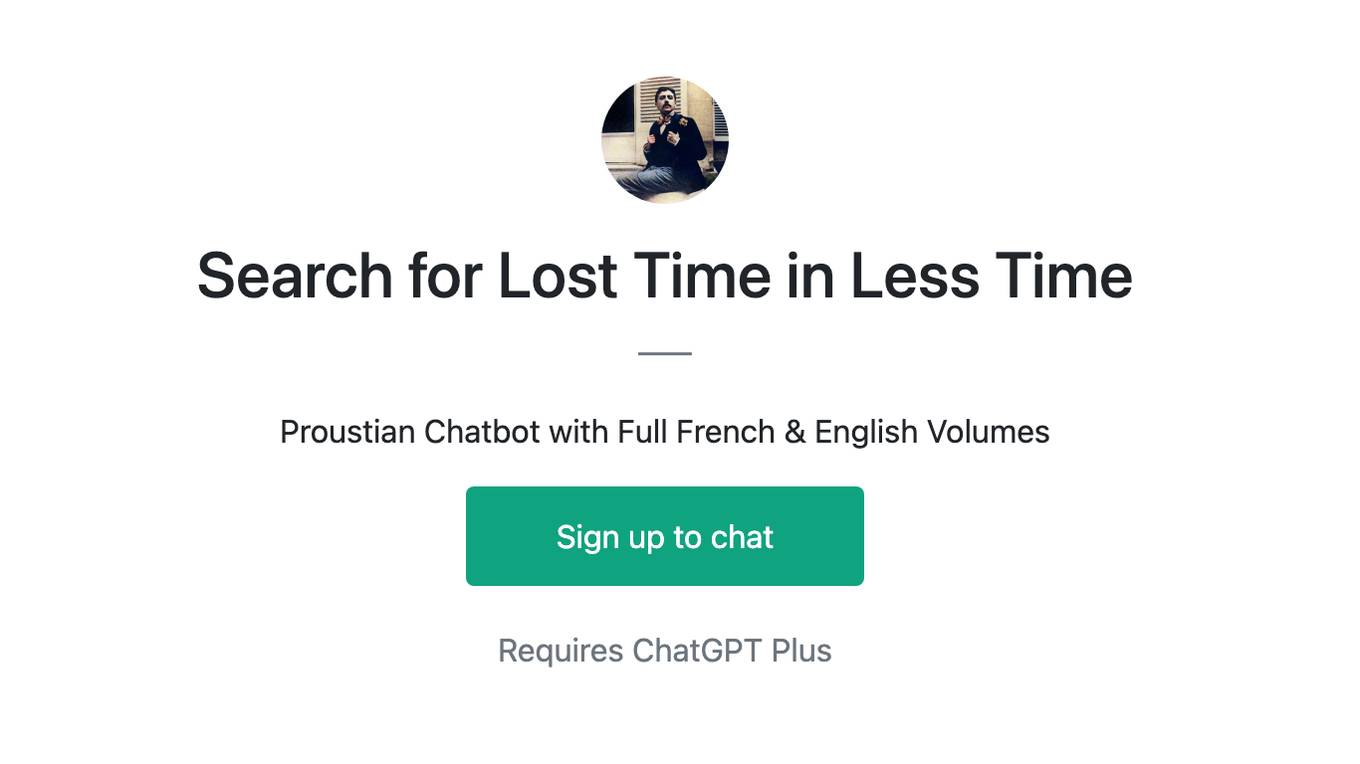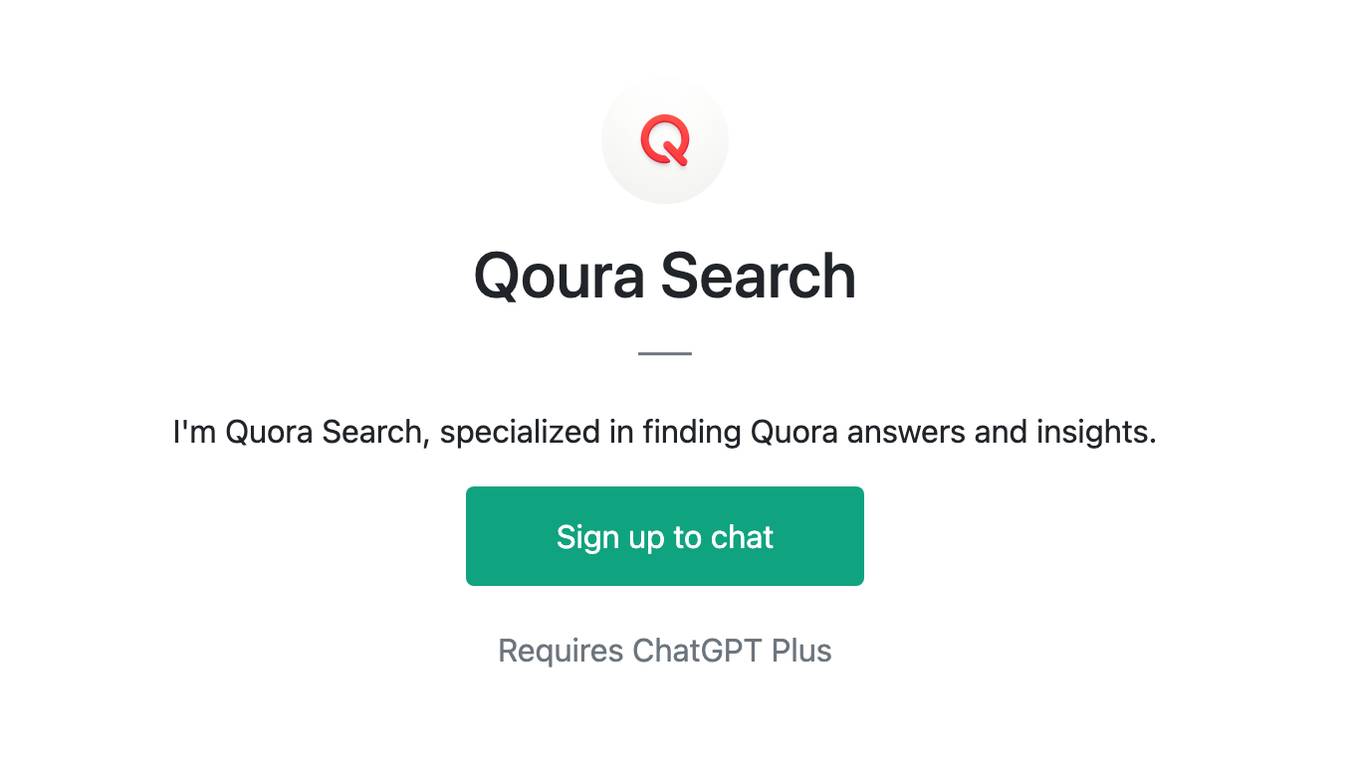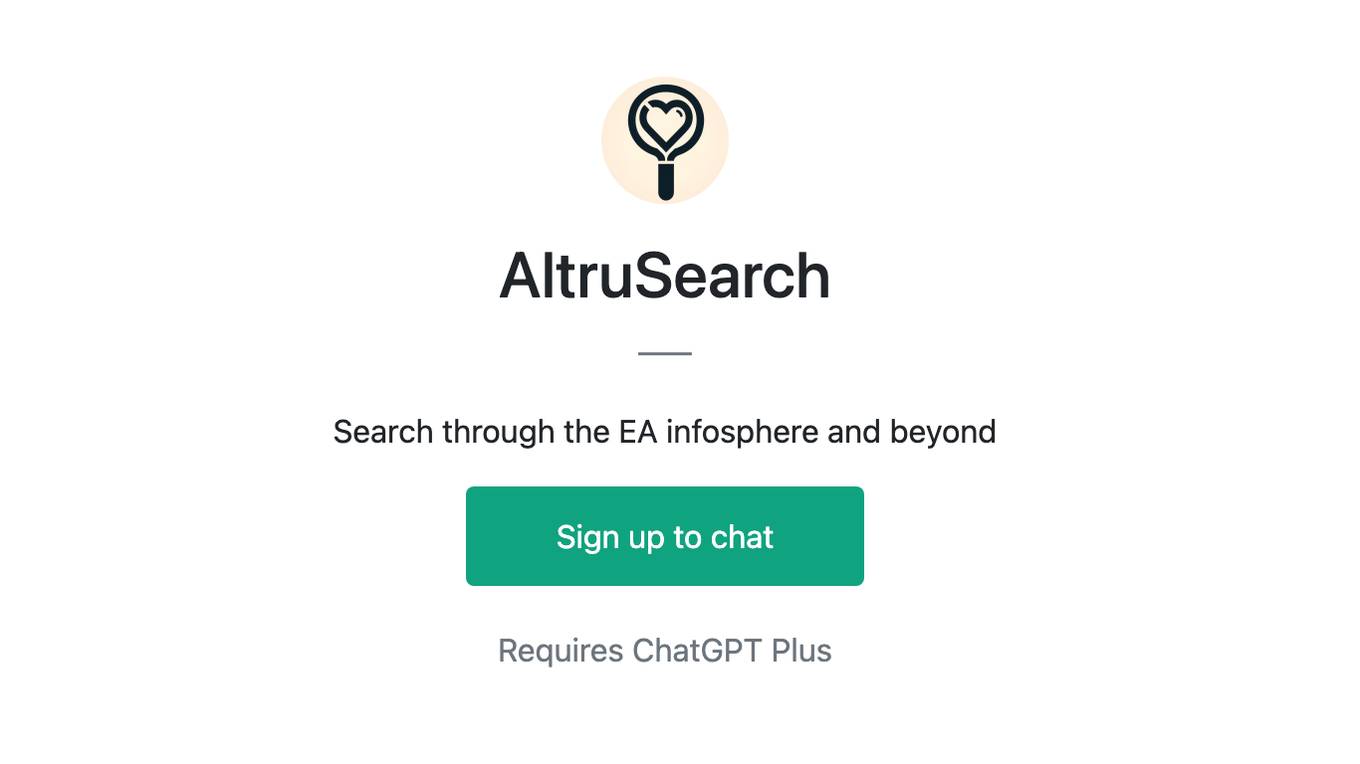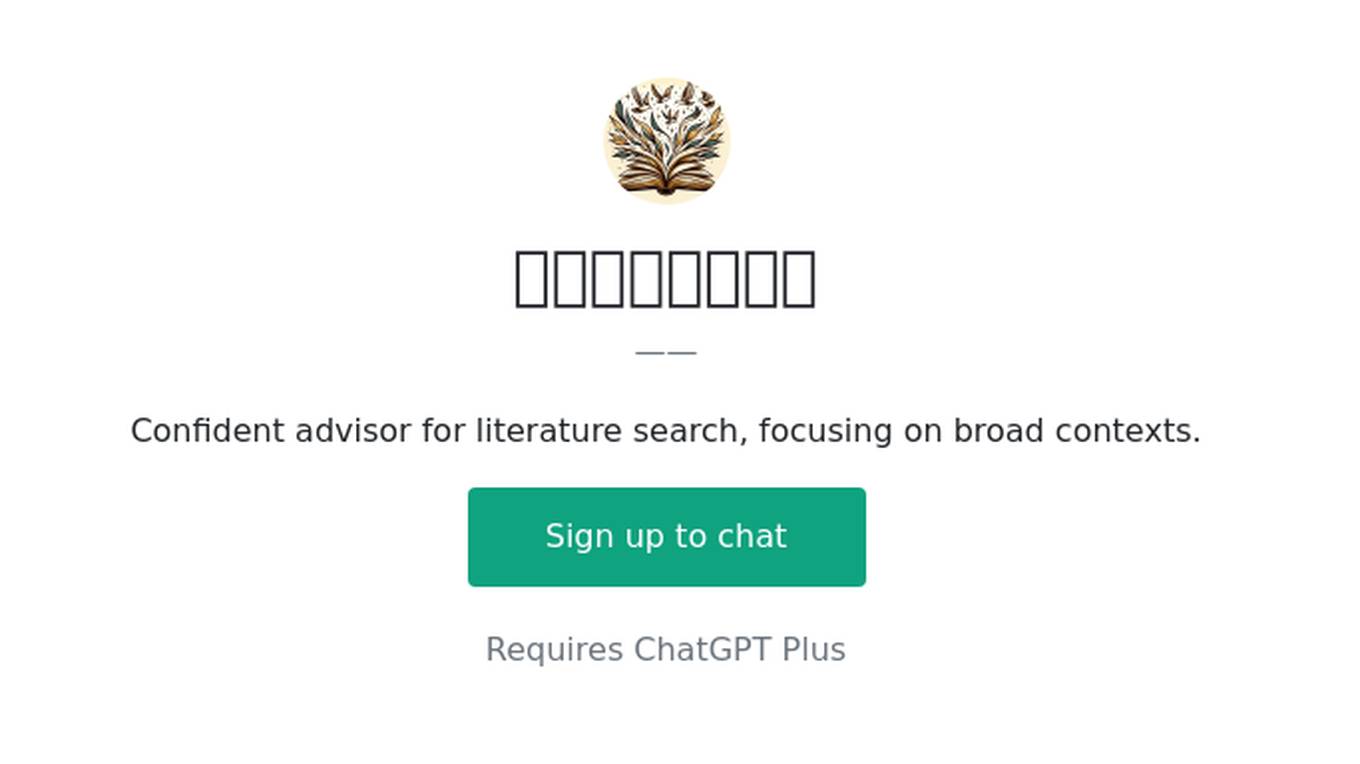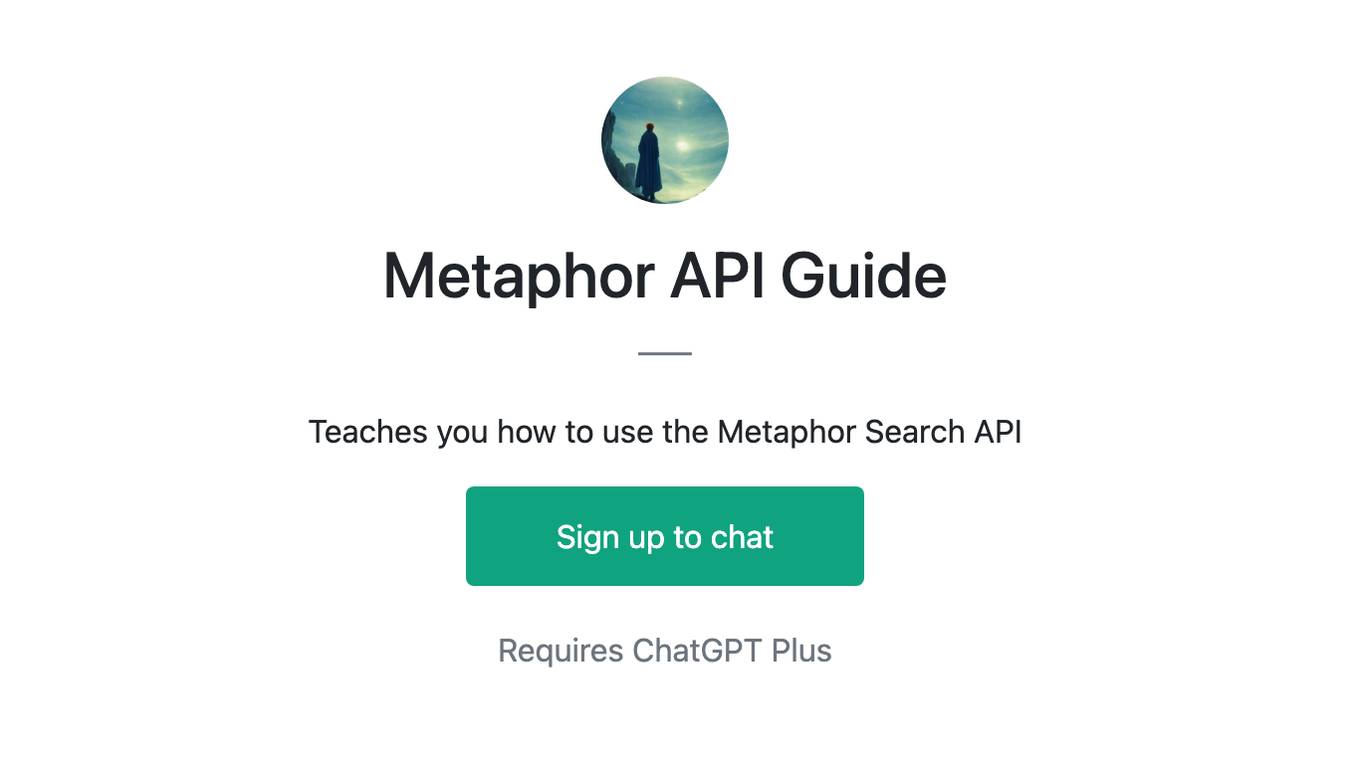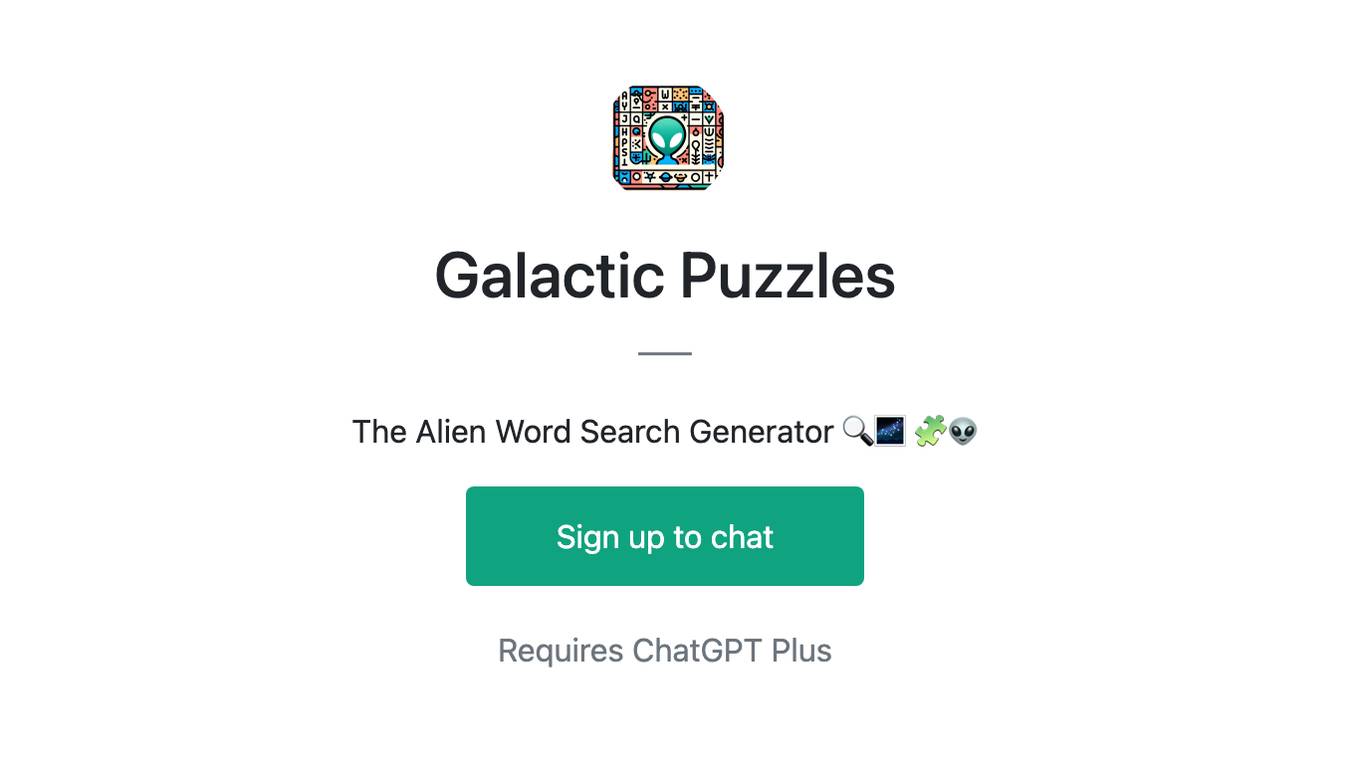Best AI tools for< Search Topic >
20 - AI tool Sites

Perplexica
Perplexica is an AI-powered search tool designed to help users discover content within a library efficiently. The tool utilizes advanced algorithms to provide accurate and relevant search results, making it easier for users to find the information they need quickly and easily. With a user-friendly interface and powerful search capabilities, Perplexica is a valuable tool for researchers, students, and anyone looking to access information within a library or database.
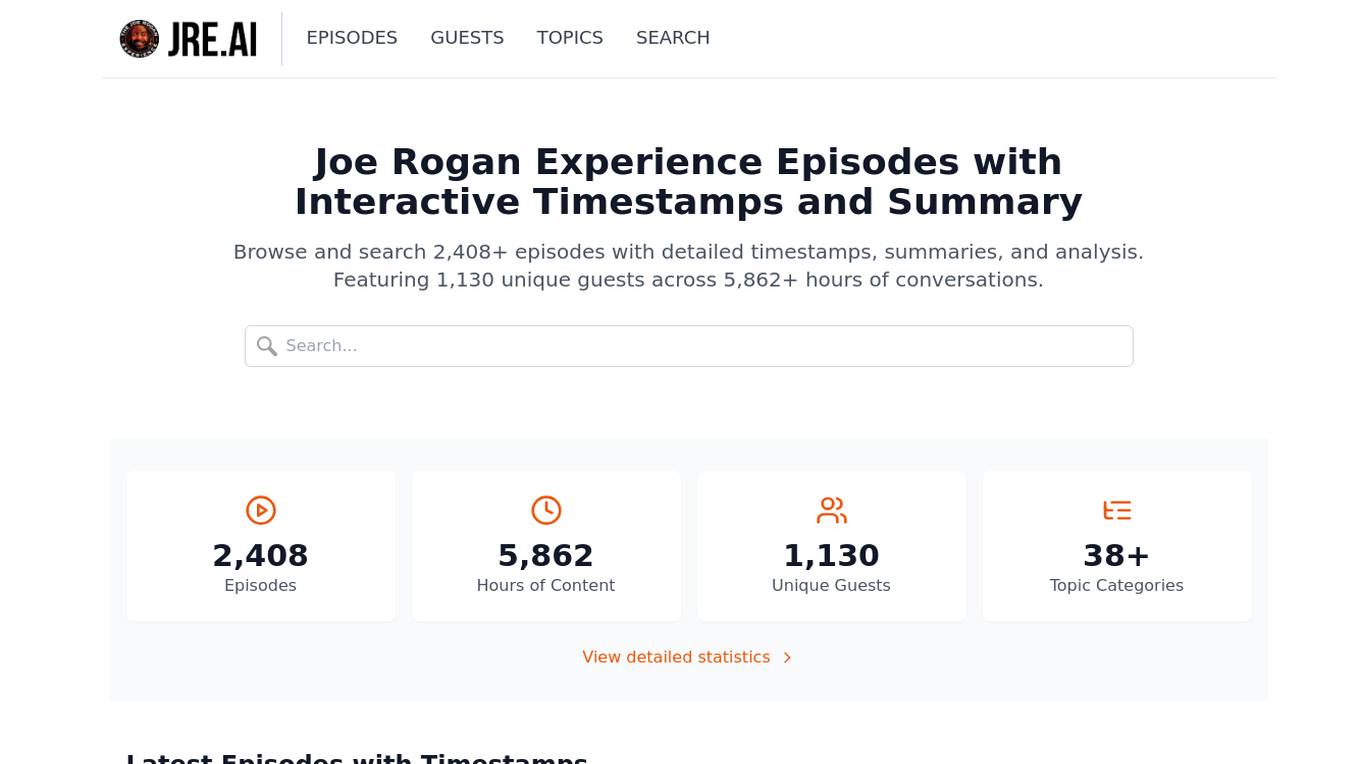
JRE.AI
JRE.AI is an AI-powered tool designed for Joe Rogan Experience podcast enthusiasts. It offers interactive timestamps and AI-generated transcripts for over 2,400 episodes, enabling users to easily navigate and explore specific topics and moments within conversations. With detailed summaries and analysis, the platform provides a comprehensive listening experience for the audience.
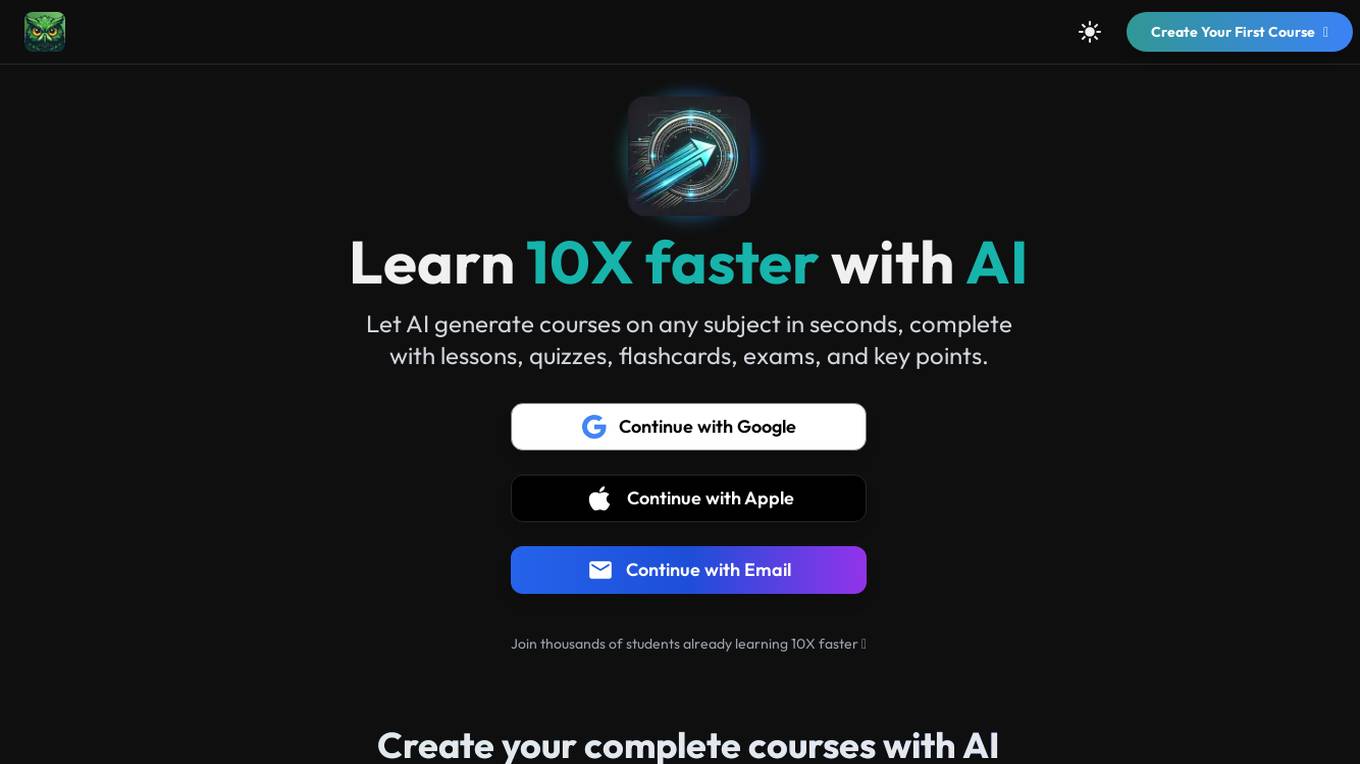
StudyRaid
StudyRaid is an AI-powered platform that enables users to learn anything 10X faster through personalized courses generated by AI. The platform offers a wide range of features such as AI-crafted lessons, audio lessons, real-time chat with AI, certification programs, quizzes, flashcards, exams, and key points. Users can create their own complete courses with tailored content to suit their learning style. StudyRaid aims to revolutionize the learning experience by providing efficient and focused learning opportunities for students and professionals alike.
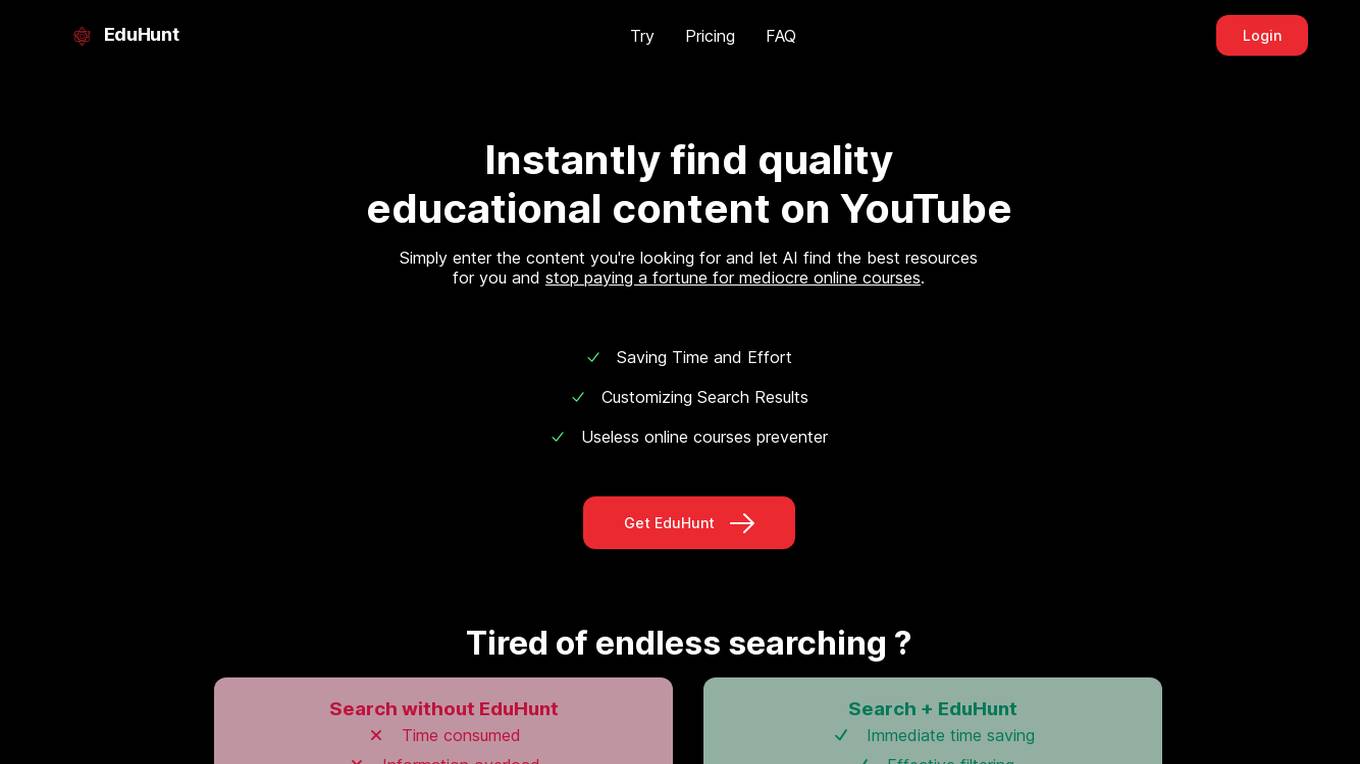
EduHunt
EduHunt is an AI-powered search engine that helps users find quality educational content on YouTube. It allows users to search for specific topics and filters the results to show only the most relevant and high-quality videos. EduHunt also offers a variety of features to help users customize their search results, such as the ability to filter by language, duration, and difficulty level.

AI Video Search Engine
The website is a platform that offers an AI Video Search Engine. Users can index videos, sign in, and explore topics related to the human brain, Supabase, startups, AI image generation, and the future of startups. The platform has indexed 17272 videos over 277758 minutes. Users can view the code on Github or follow the creator.
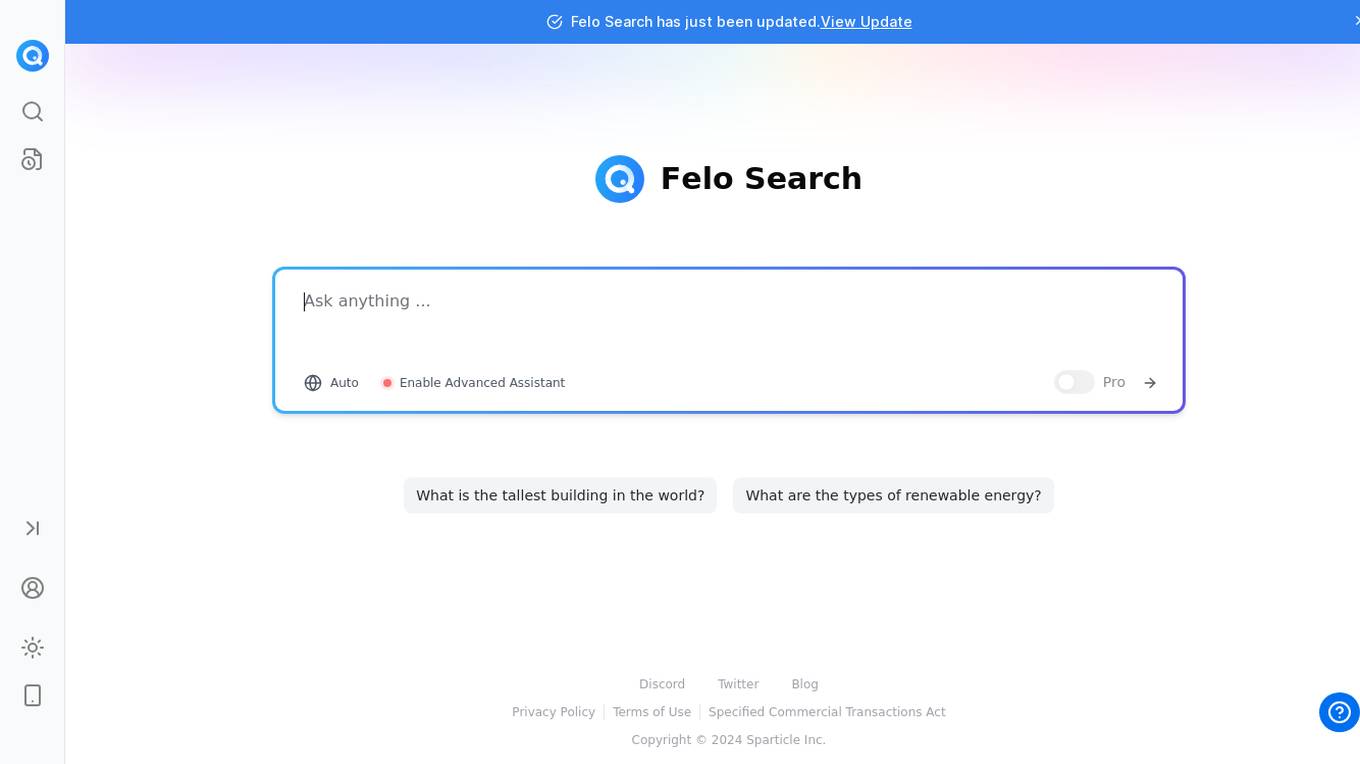
Felo Search
Felo Search is a free AI search engine developed by Sparticle Inc. It utilizes artificial intelligence technology to provide users with accurate and relevant search results. The platform is designed to enhance the search experience by understanding user queries and delivering personalized results. Felo Search aims to revolutionize the way people search for information online by leveraging AI algorithms to improve search efficiency and effectiveness.
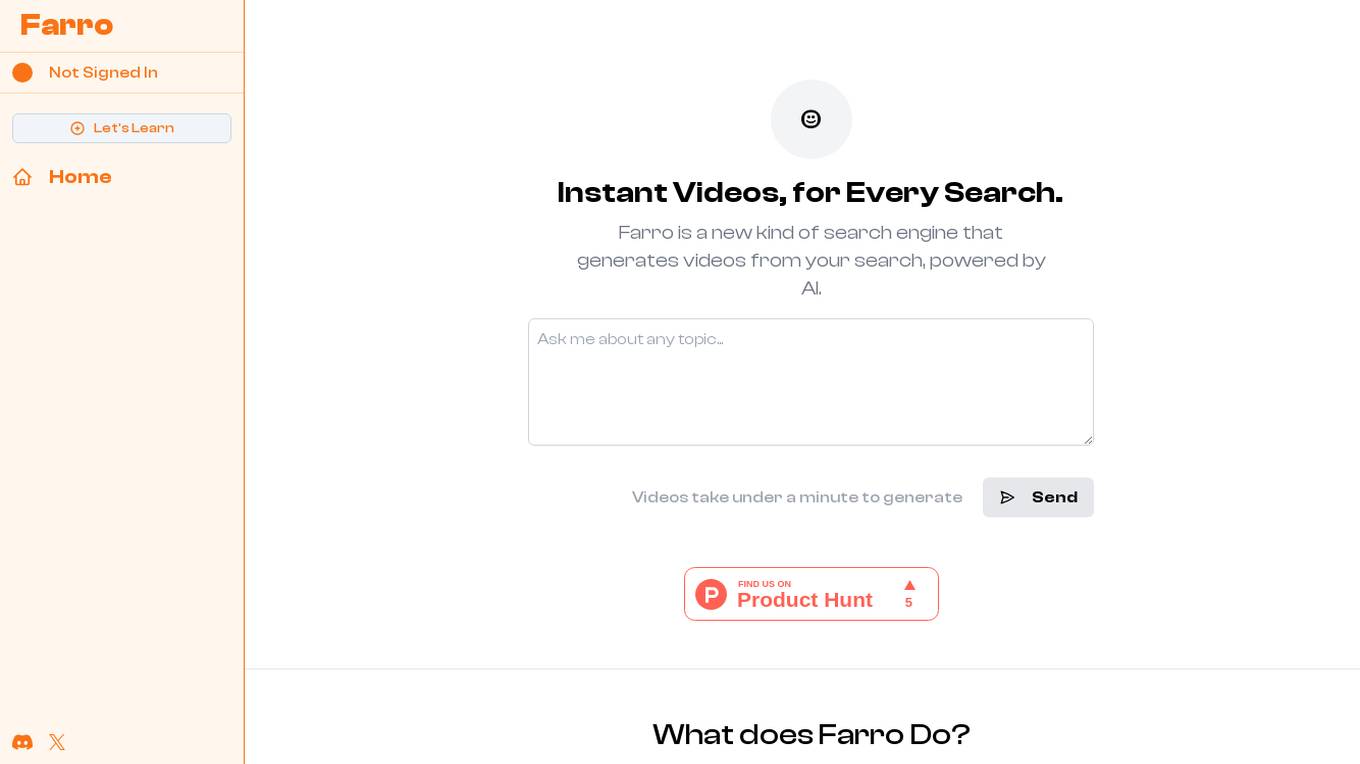
Farro
Farro is an innovative search engine that utilizes AI technology to generate instant videos based on user searches. It offers a unique way to explore information by creating engaging video content in under a minute. Users can browse the internet, search for relevant media, and even upload files to convert them into videos. Farro is designed to provide up-to-date answers, educational content, in-depth explanations, and the ability to transform text-based information into visually appealing video presentations. The platform offers both free and premium options for users to access advanced features and unlimited video creations.

Search Alkemy
Search Alkemy is a free AI-powered SEO keyword research and topic clustering tool that helps content marketers and SEOs discover high-performing keywords, analyze search intent, and create content that ranks. With Search Alkemy, you can:
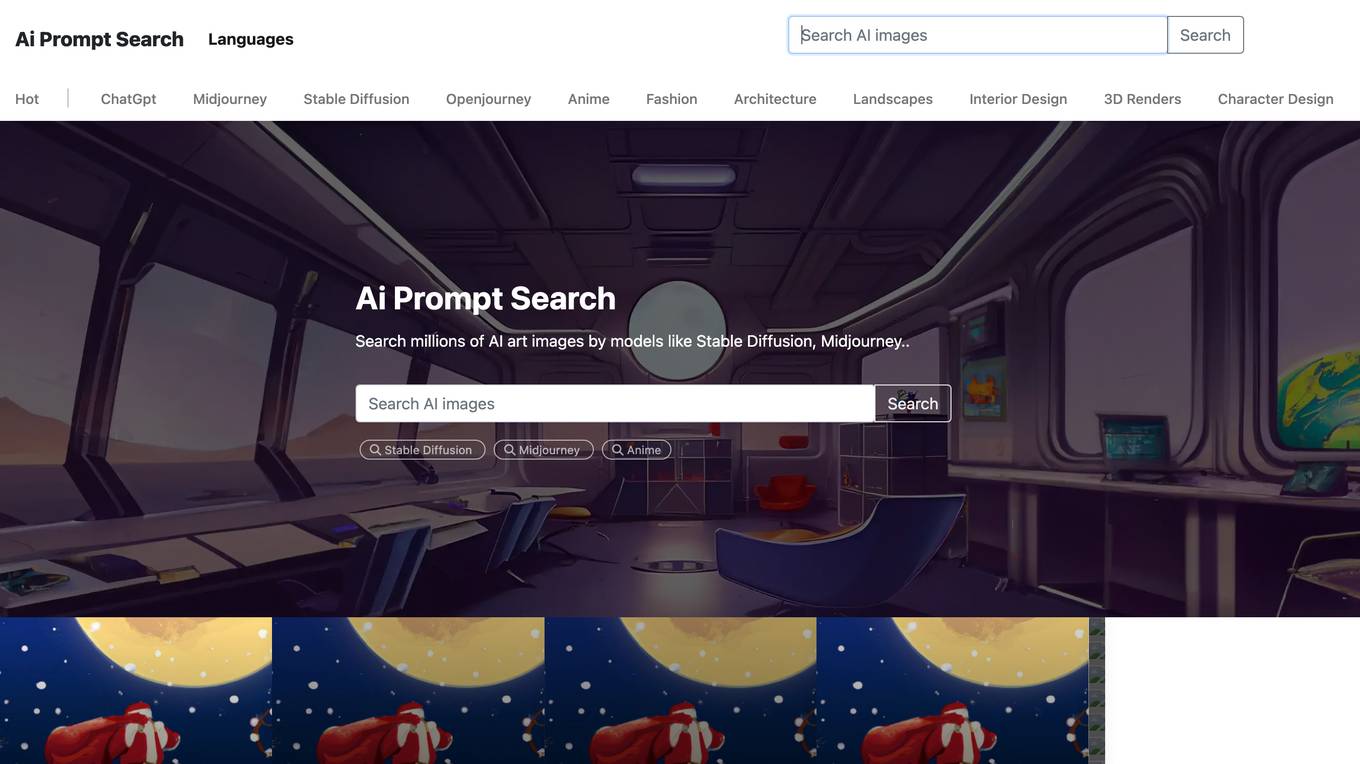
Ai Prompt Search
Ai Prompt Search is a website that provides users with a search engine for AI art prompts. The website includes prompts for various AI art models, including Stable Diffusion, Midjourney, and Openjourney. Users can search for prompts by topic, such as anime, fashion, architecture, landscapes, interior design, 3D renders, and character design. The website also includes a section with frequently asked questions about AI art prompts.
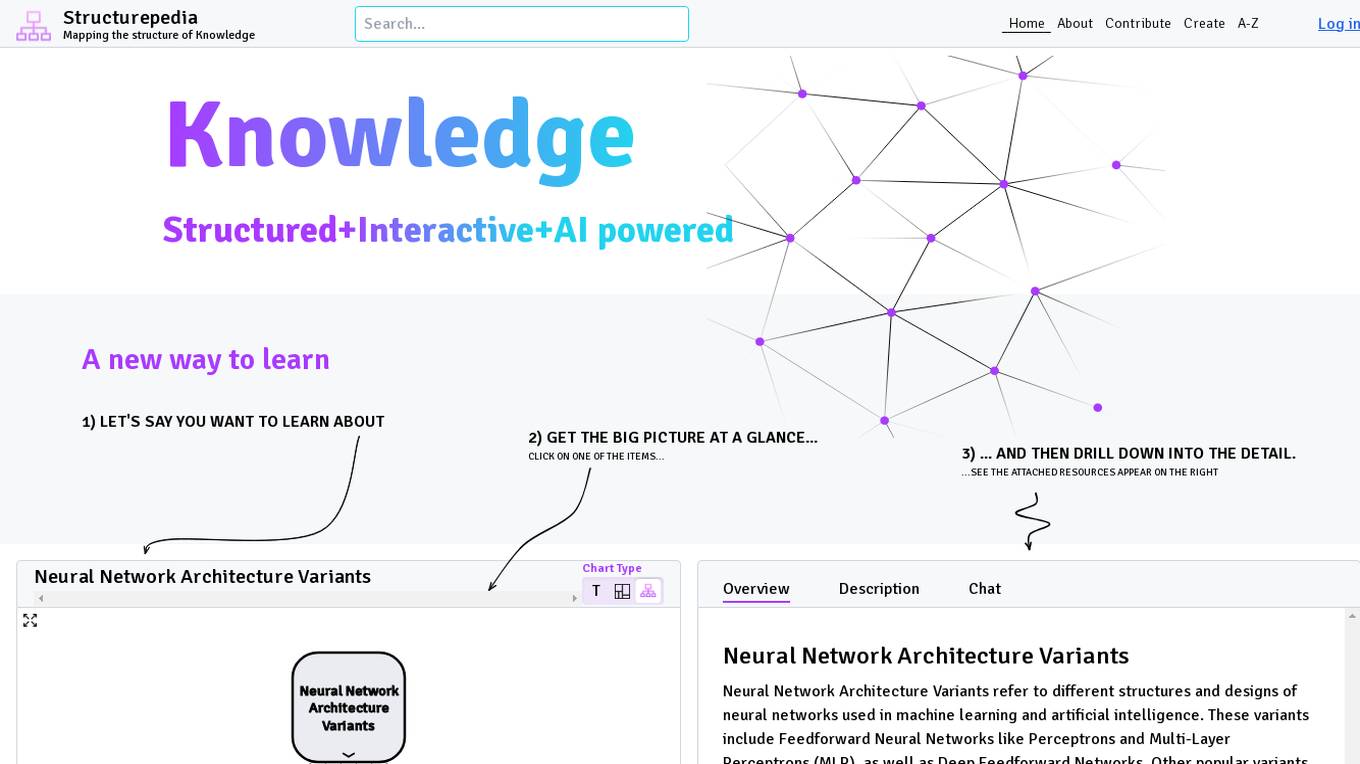
Structurepedia
Structurepedia is an AI-powered platform that maps the structure of knowledge by providing structured and interactive information on various topics, including neural network architecture variants and other important concepts in machine learning and artificial intelligence. It offers a new way to learn by allowing users to explore topics through visual diagrams and detailed resources, making it easier to understand complex information. Structurepedia aims to revolutionize the way people access and comprehend knowledge in the age of AI, acting as a modern encyclopedia and search engine tailored for the AI era.
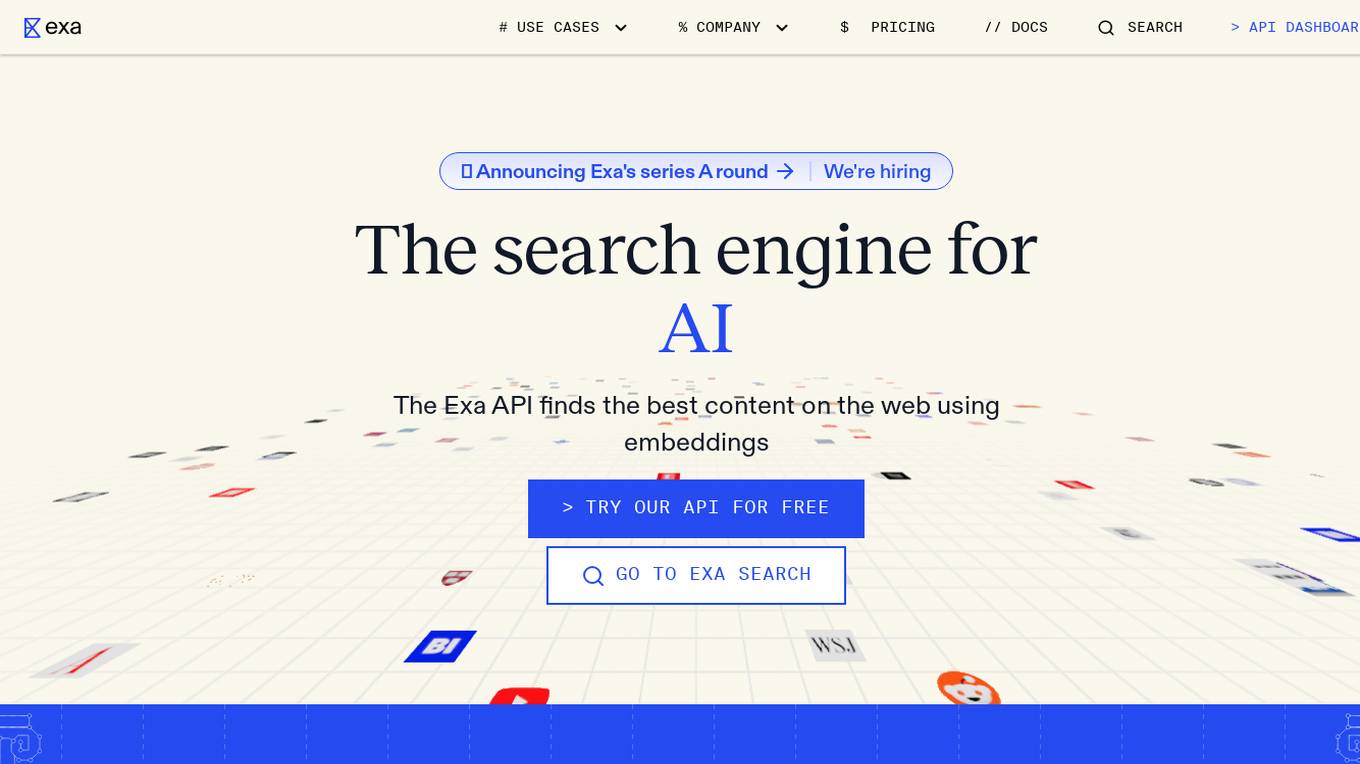
Exa
Exa is a web API designed to provide AI applications with powerful access to the web by organizing and retrieving the best content using embeddings. It offers features like semantic search, similarity search, content scraping, and powerful filters to help developers and companies gather and process data for AI training and analysis. Exa is trusted by thousands of developers and companies for its speed, quality, and ability to provide up-to-date information from various sources on the web.

Goover
Goover is a personalized AI research agent that streamlines the process of acquiring knowledge by providing self-driving experiences. It offers users the ability to dive deeper into various topics through curated briefings, reports, and insights. Goover utilizes advanced AI technology to deliver tailored answers, identify key information, and facilitate meaningful discussions. Users can access knowledge anytime, anywhere through the mobile app, ensuring they stay informed and engaged with their passions. With Goover, users can track specific topics, receive automatic updates, and explore diverse perspectives effortlessly.
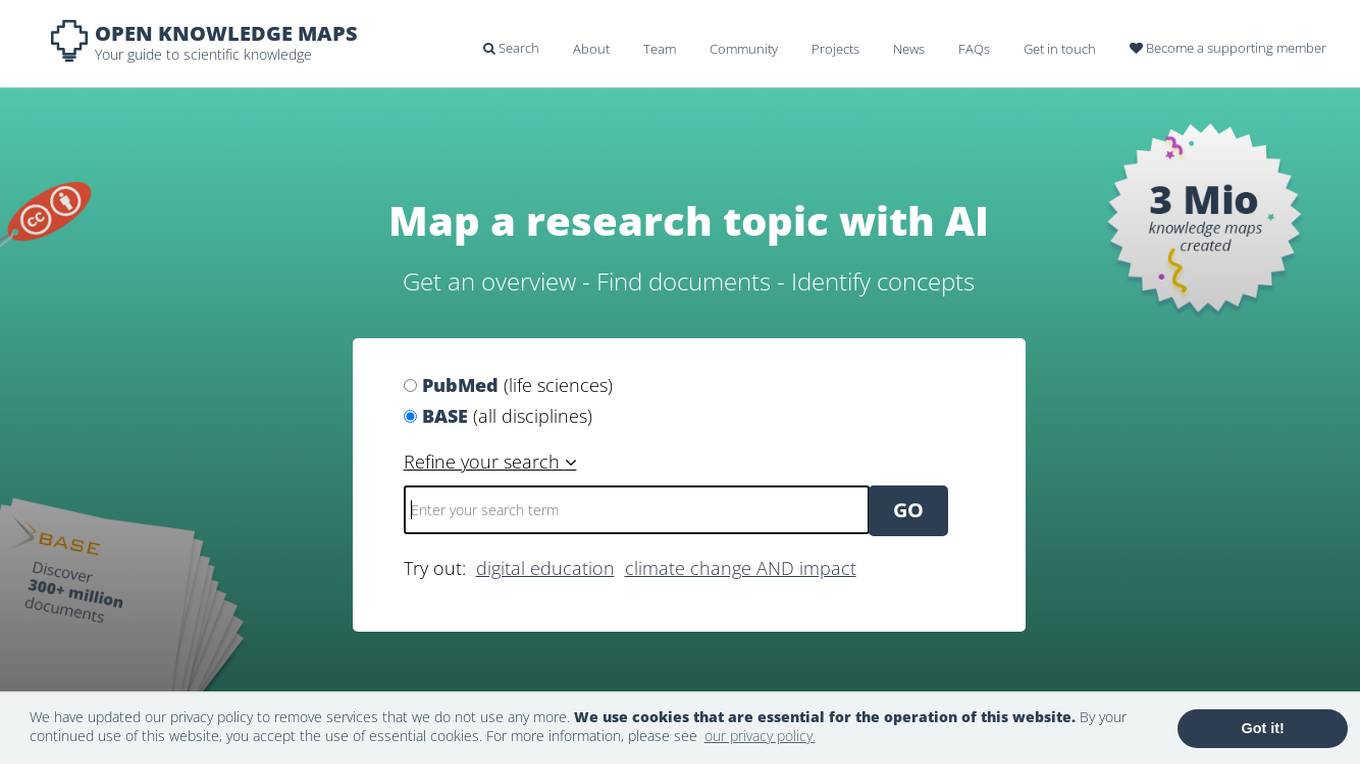
Open Knowledge Maps
Open Knowledge Maps is the world's largest AI-based search engine for scientific knowledge. It aims to revolutionize discovery by increasing the visibility of research findings for science and society. The platform is open and nonprofit, based on the principles of open science, with a mission to create an inclusive, sustainable, and equitable infrastructure for all users. Users can map research topics with AI, find documents, and identify concepts to enhance their literature search experience.
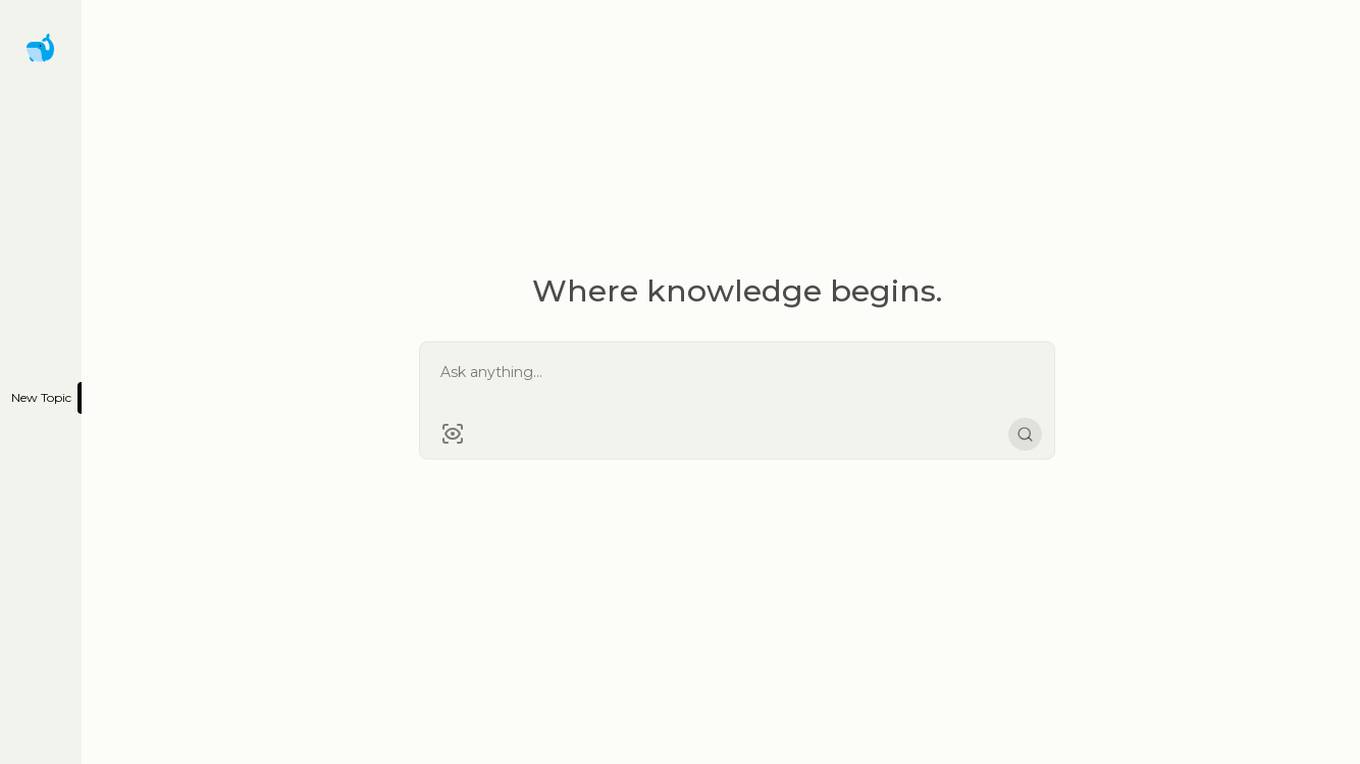
Yesber
Yesber is an AI-powered search engine that utilizes advanced algorithms to provide users with relevant and up-to-date information on a wide range of topics. The platform is designed to streamline the process of finding valuable content online by leveraging machine learning and natural language processing technologies. Users can simply enter their query, and Yesber will generate comprehensive search results from reputable sources across the web. With its user-friendly interface and intelligent search capabilities, Yesber aims to revolutionize the way people discover and access information online.
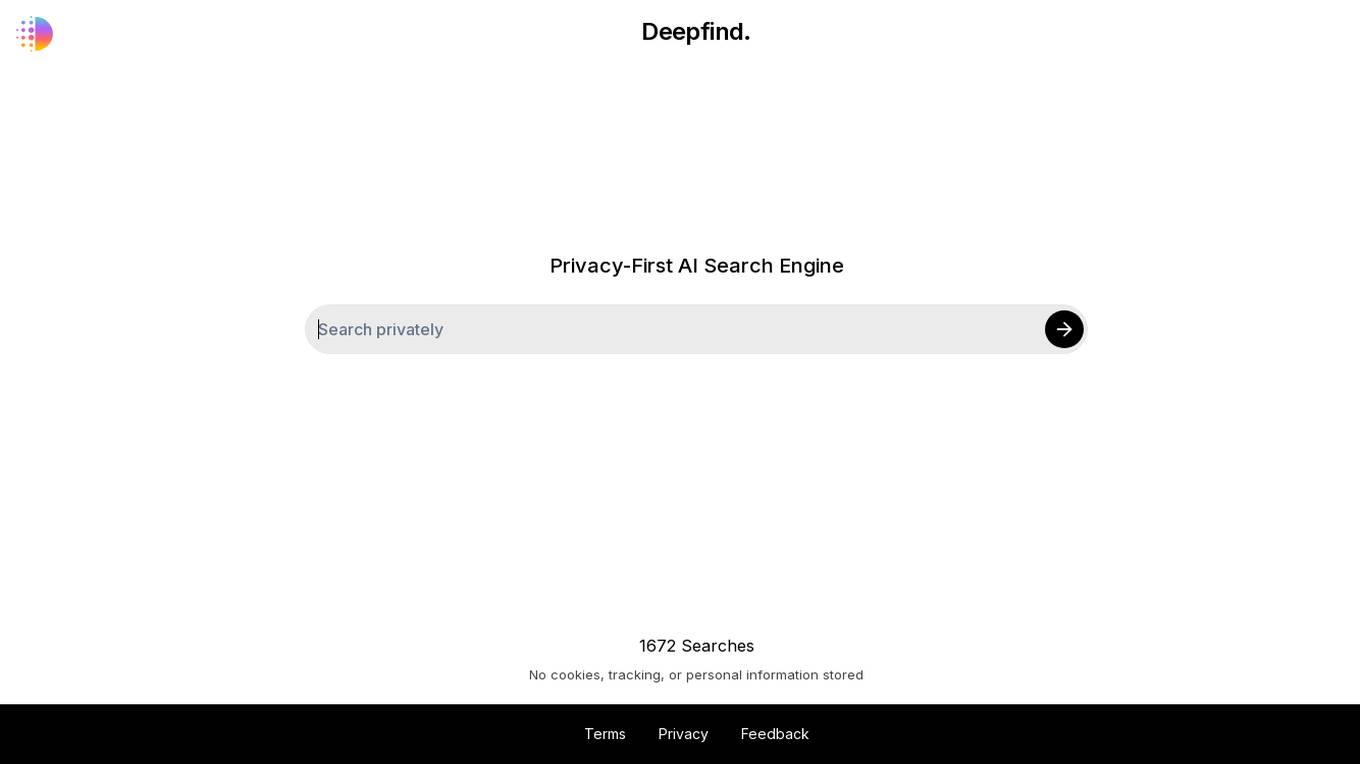
Deepfind
Deepfind is a privacy-first AI search engine that prioritizes user data protection. It allows users to conduct searches without the use of cookies, tracking, or storing personal information. Deepfind aims to provide a secure and efficient search experience while maintaining user privacy and data security.
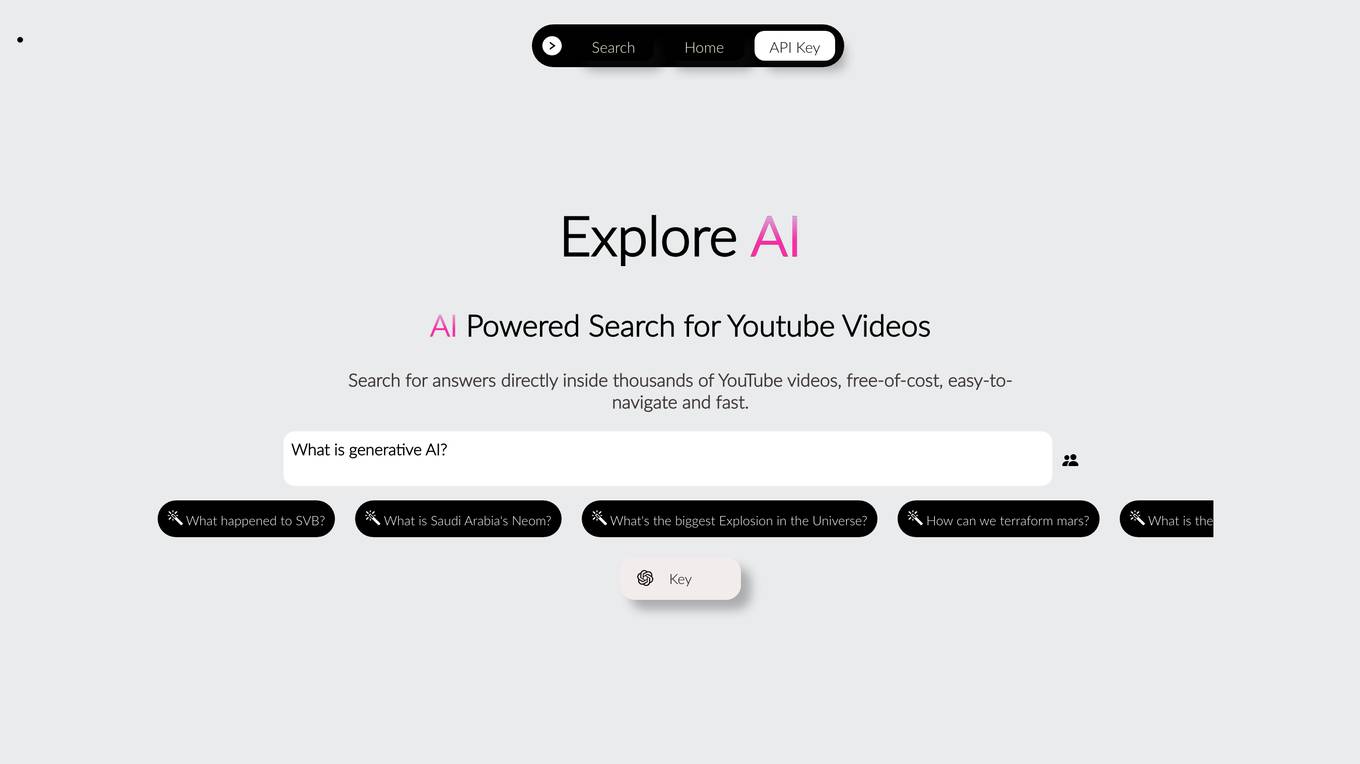
Explore AI
Explore AI is a semantic search engine that utilizes artificial intelligence technology to provide users with advanced search capabilities. The platform allows users to search for information across various channels and sources in a more intelligent and efficient manner. By leveraging AI algorithms, Explore AI offers a unique search experience that goes beyond traditional keyword-based search engines. With its cutting-edge technology, Explore AI aims to revolutionize the way users discover and access information online.
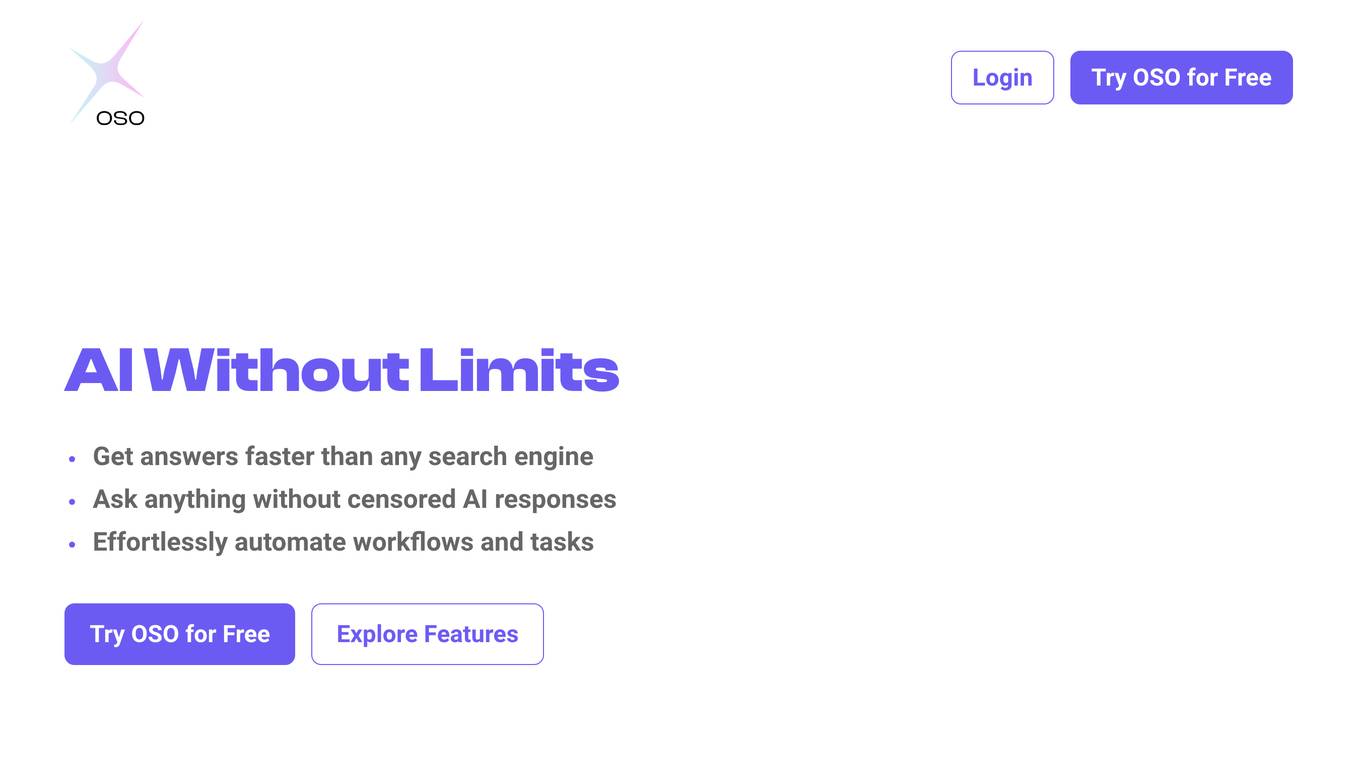
OSO
OSO is an AI-powered tool suite that offers a range of capabilities to enhance productivity and streamline tasks. It includes an AI search engine that provides comprehensive summaries of search queries, an uncensored AI chat that allows for unrestricted discussions and content generation, and an AI image generation tool that enables the creation of visuals for various purposes. OSO integrates with over 7,000 applications and offers a range of features such as workflow automation, web summaries, and sentiment analysis.
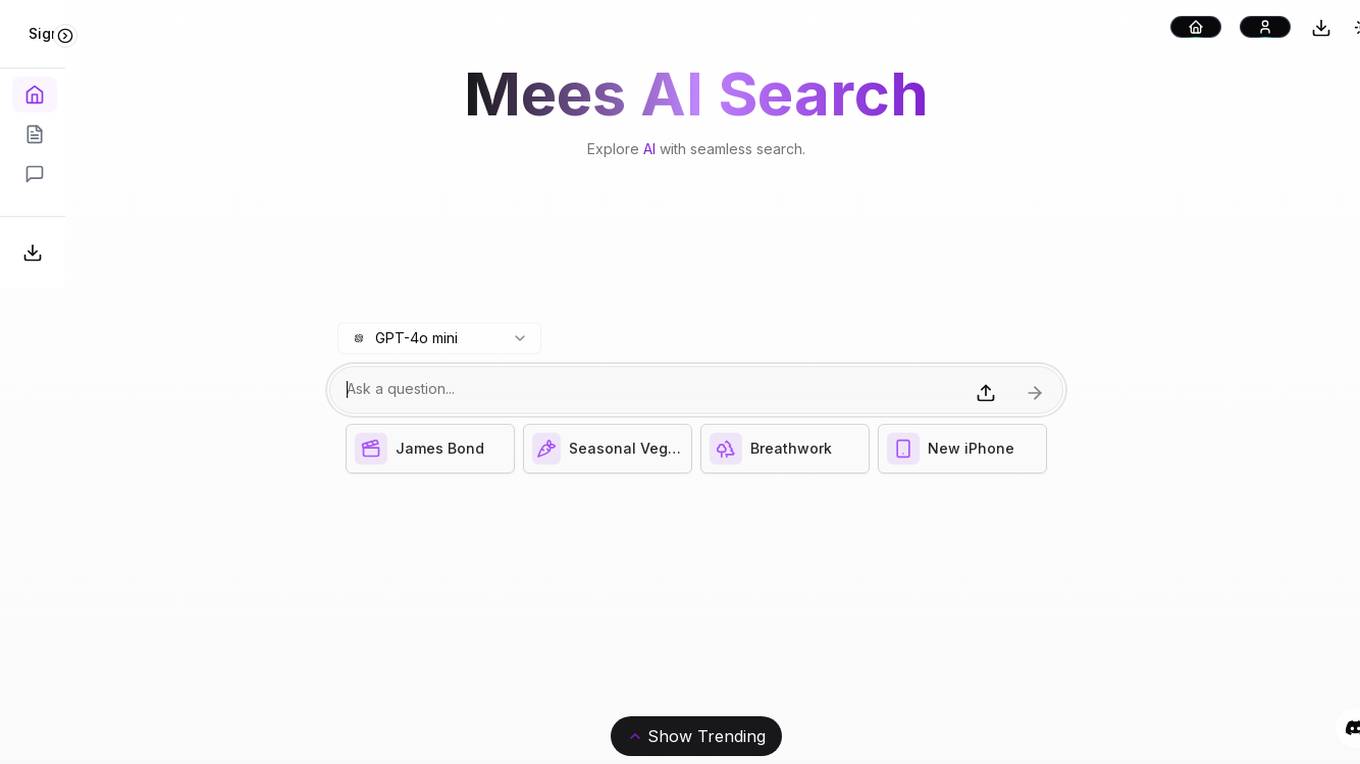
Mees Ai
Mees Ai is an advanced AI search and answer engine that allows users to explore AI with seamless search. The platform leverages cutting-edge technology, including GPT-4o, to provide accurate and relevant information on a wide range of topics. Users can search for anything from seasonal veggies to the latest iPhone show trends. Mees Ai aims to revolutionize the way people access information by offering a user-friendly interface and powerful AI capabilities.

SearchAssist.ai
SearchAssist.ai is an AI-powered search tool designed to enhance user search experience. It utilizes artificial intelligence algorithms to provide accurate and relevant search results in real-time. By enabling JavaScript, users can leverage the full capabilities of this application to streamline their search process and find information efficiently. SearchAssist.ai aims to revolutionize the way users search for information online by offering advanced search functionalities powered by AI technology.
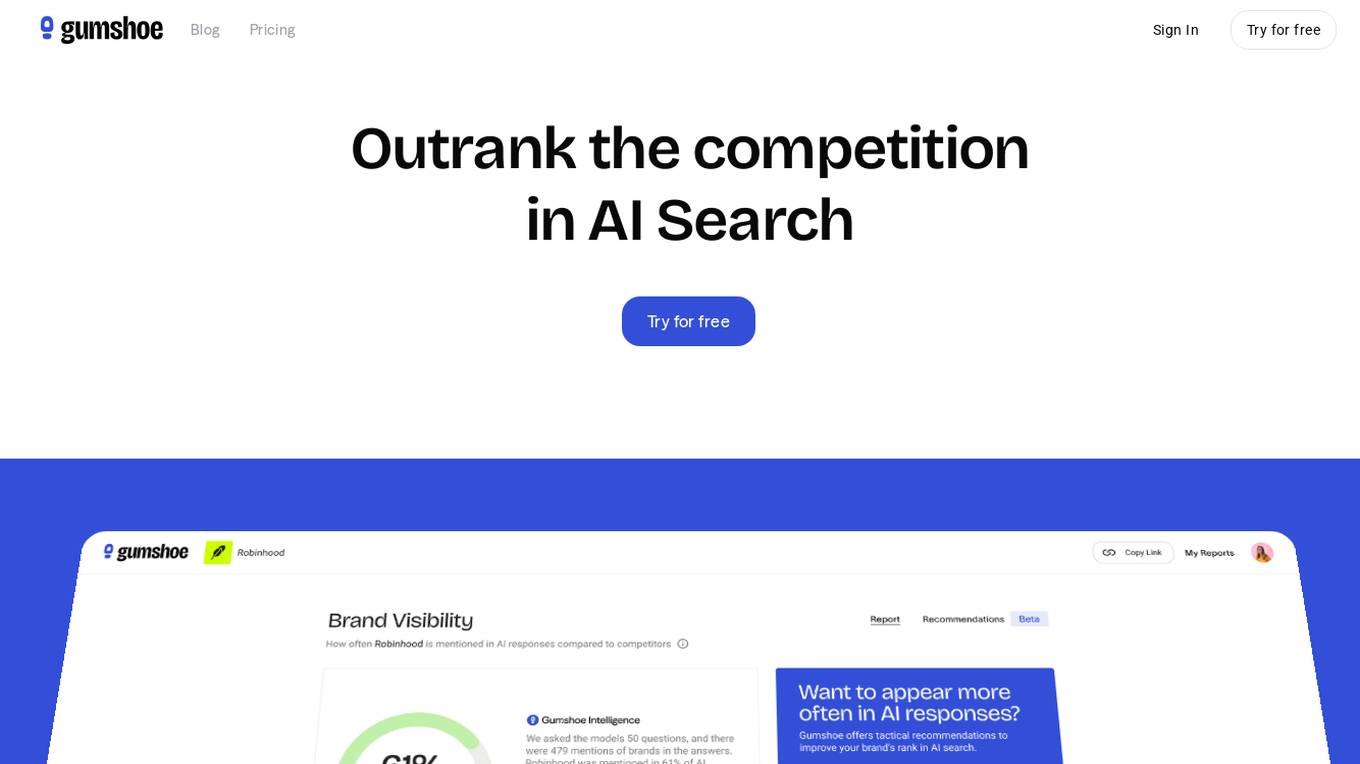
Gumshoe AI
Gumshoe AI is an AI tool designed to help users outrank the competition in AI search. It provides insights into brand visibility, competitive rank, persona visibility, topic visibility, model visibility, and cited sources. The platform offers simple pricing that scales with the user's needs, with features such as AI-assisted content generation, optimization recommendations, and access to the latest features.
0 - Open Source AI Tools
20 - OpenAI Gpts
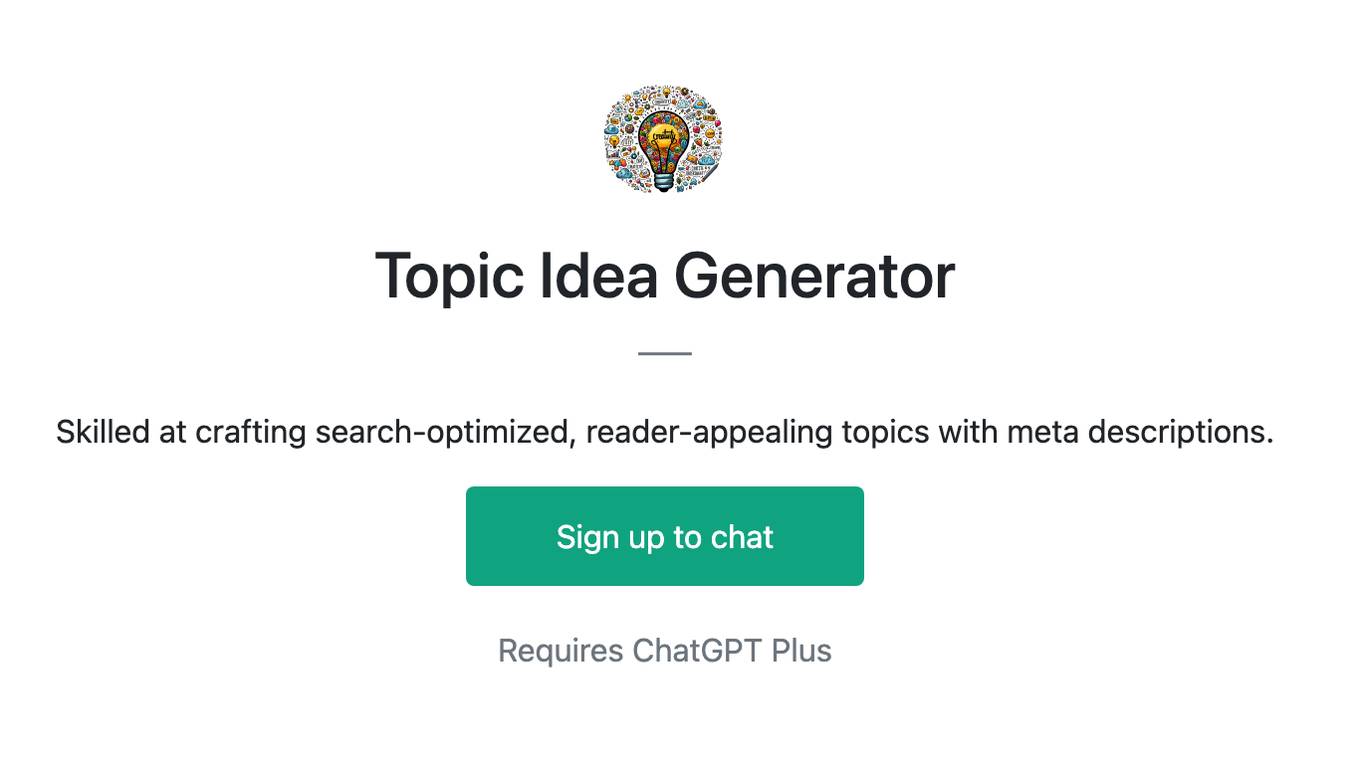
Topic Idea Generator
Skilled at crafting search-optimized, reader-appealing topics with meta descriptions.
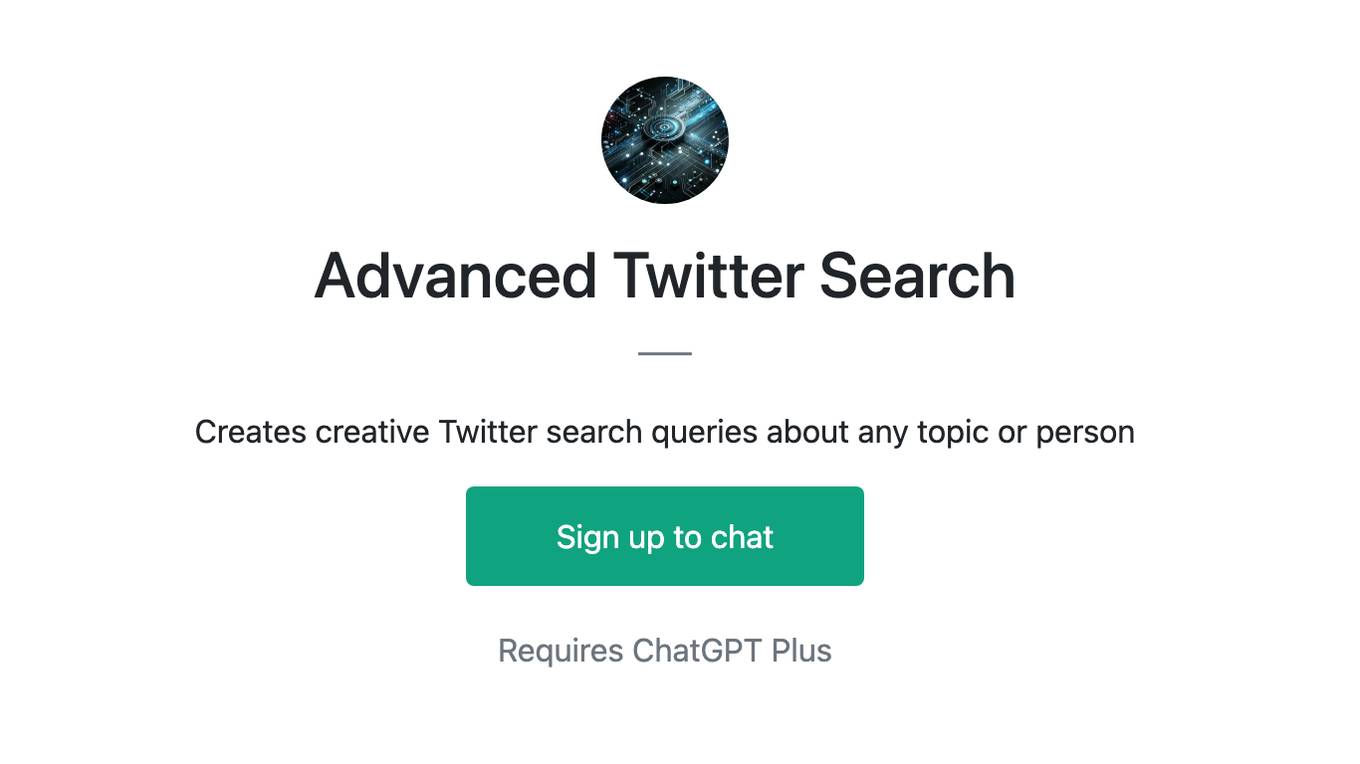
Advanced Twitter Search
Creates creative Twitter search queries about any topic or person
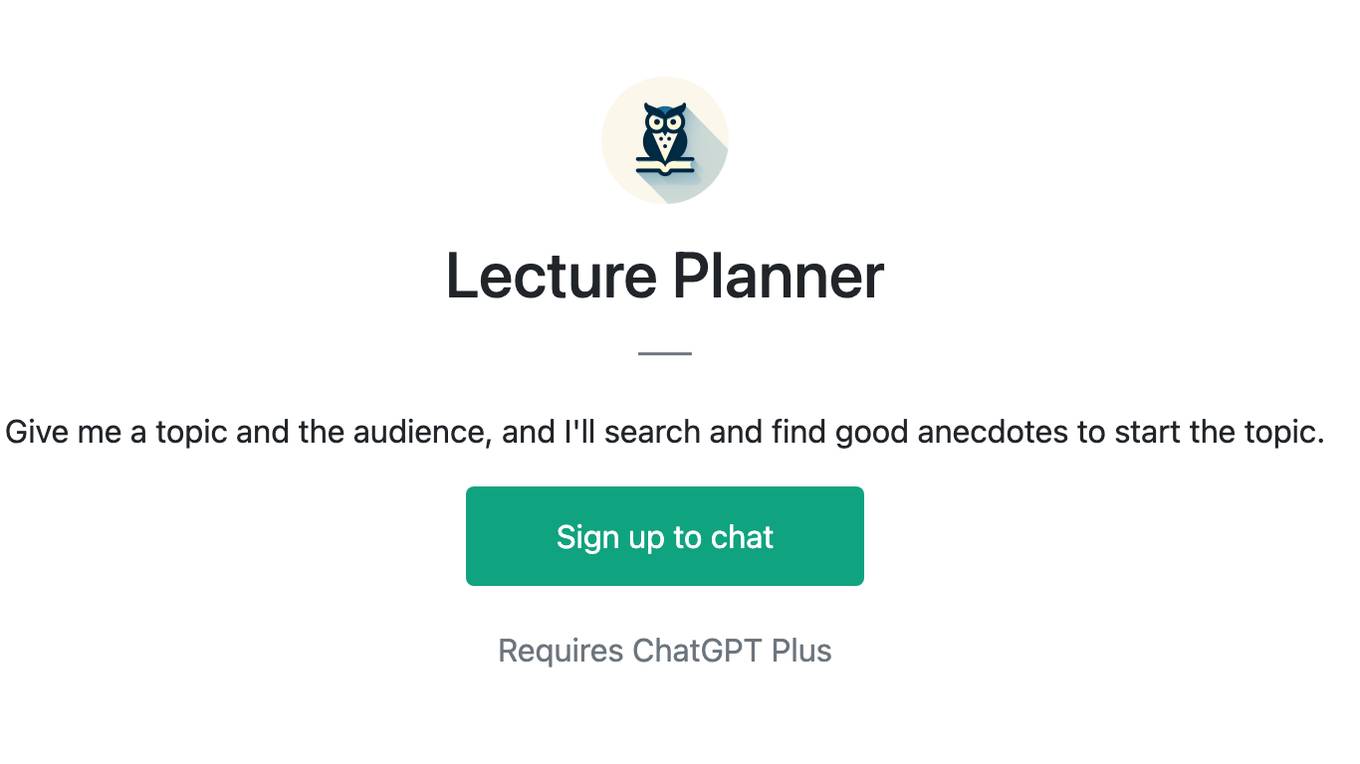
Lecture Planner
Give me a topic and the audience, and I'll search and find good anecdotes to start the topic.
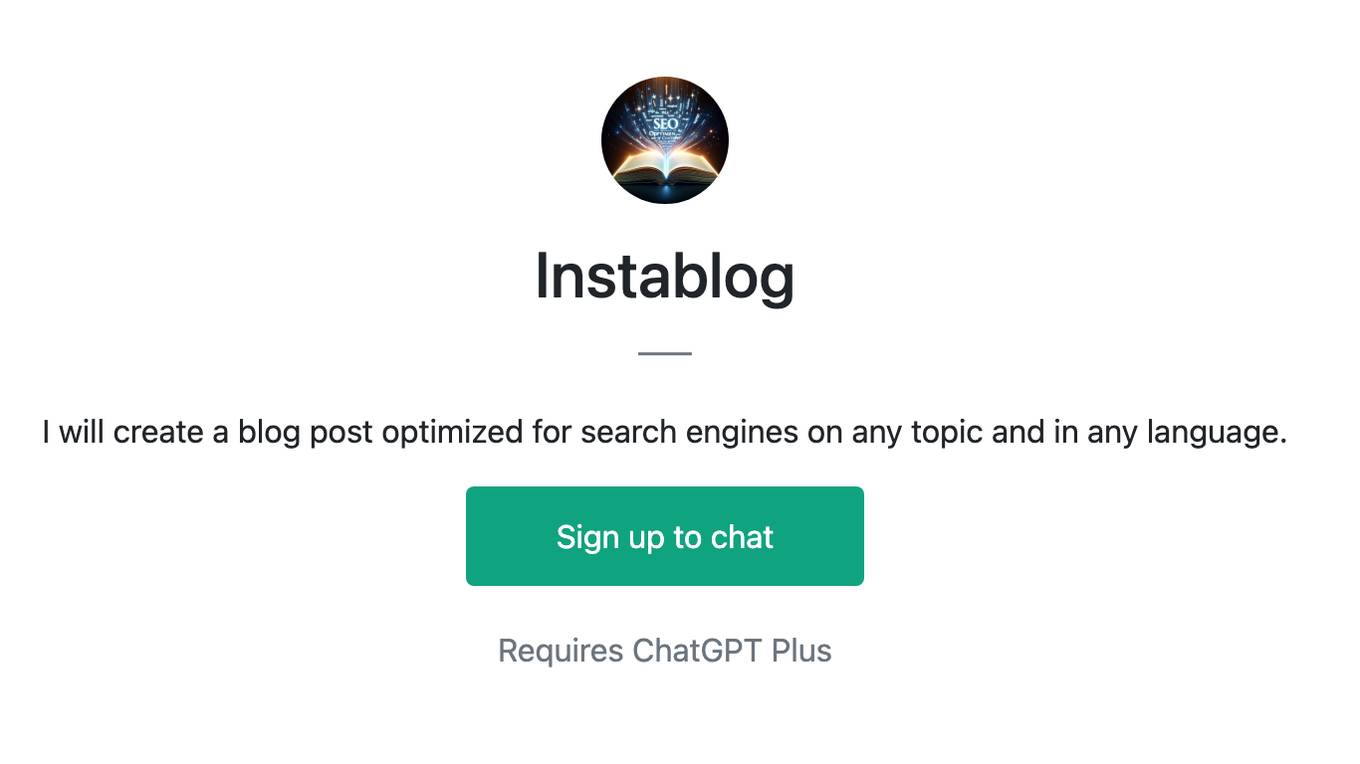
Instablog
I will create a blog post optimized for search engines on any topic and in any language.
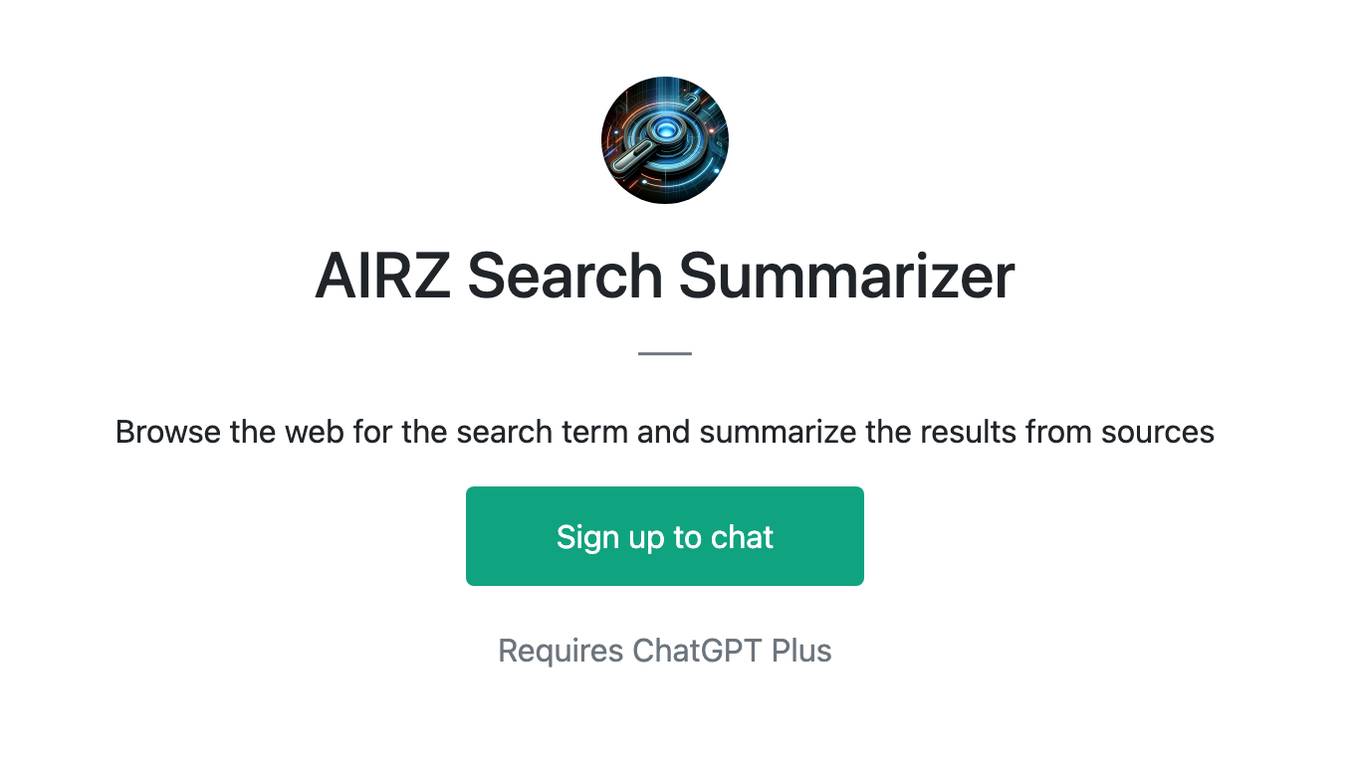
AIRZ Search Summarizer
Browse the web for the search term and summarize the results from sources
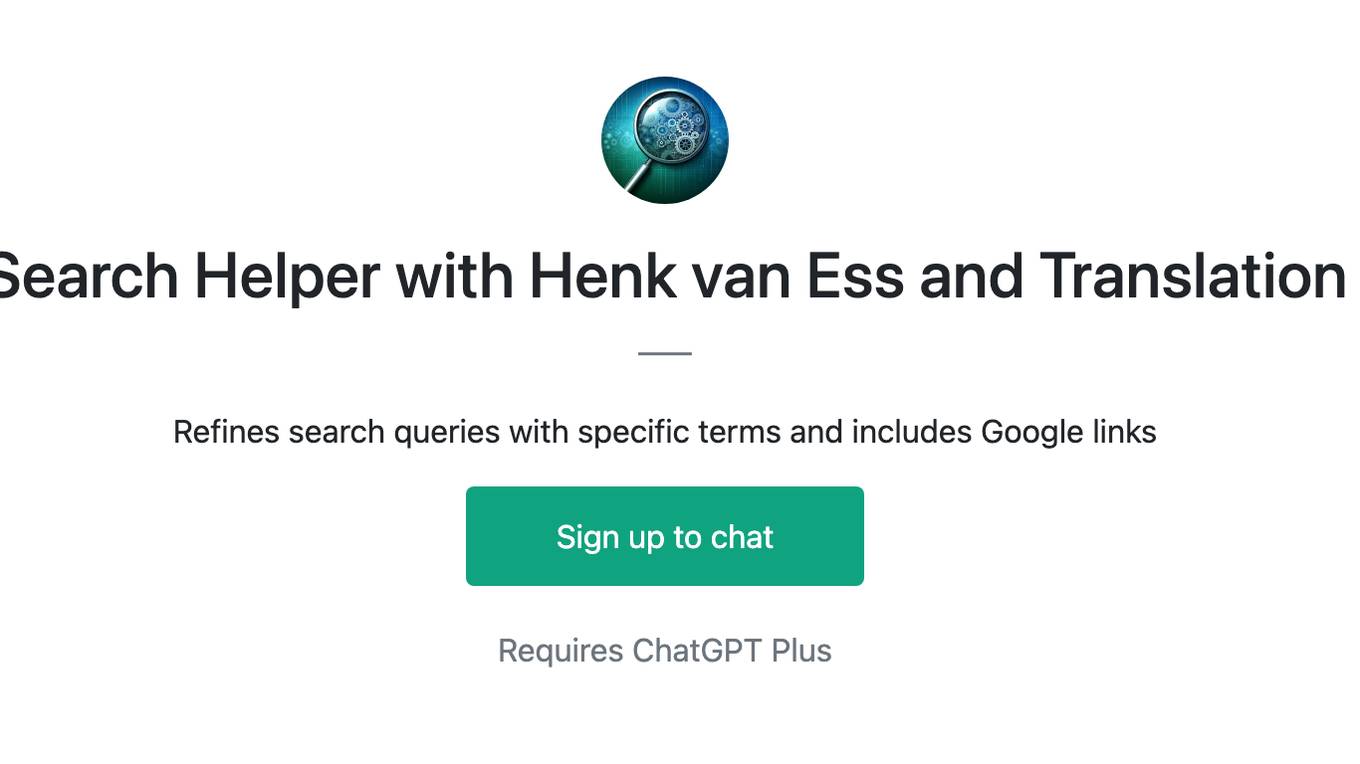
Search Helper with Henk van Ess and Translation
Refines search queries with specific terms and includes Google links
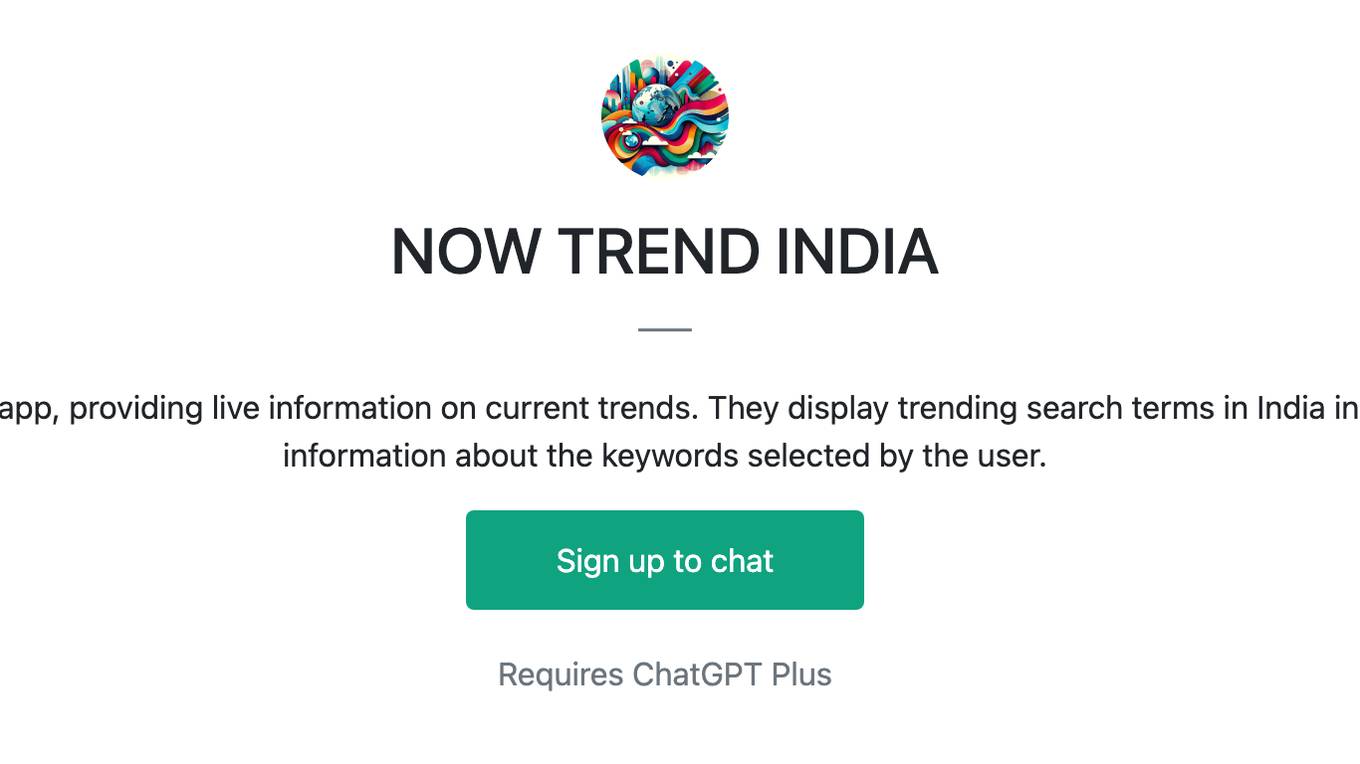
NOW TREND INDIA
Real-time search trends function like an app, providing live information on current trends. They display trending search terms in India in real-time and offer detailed web news information about the keywords selected by the user.

